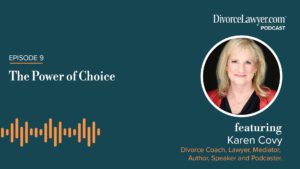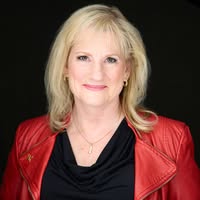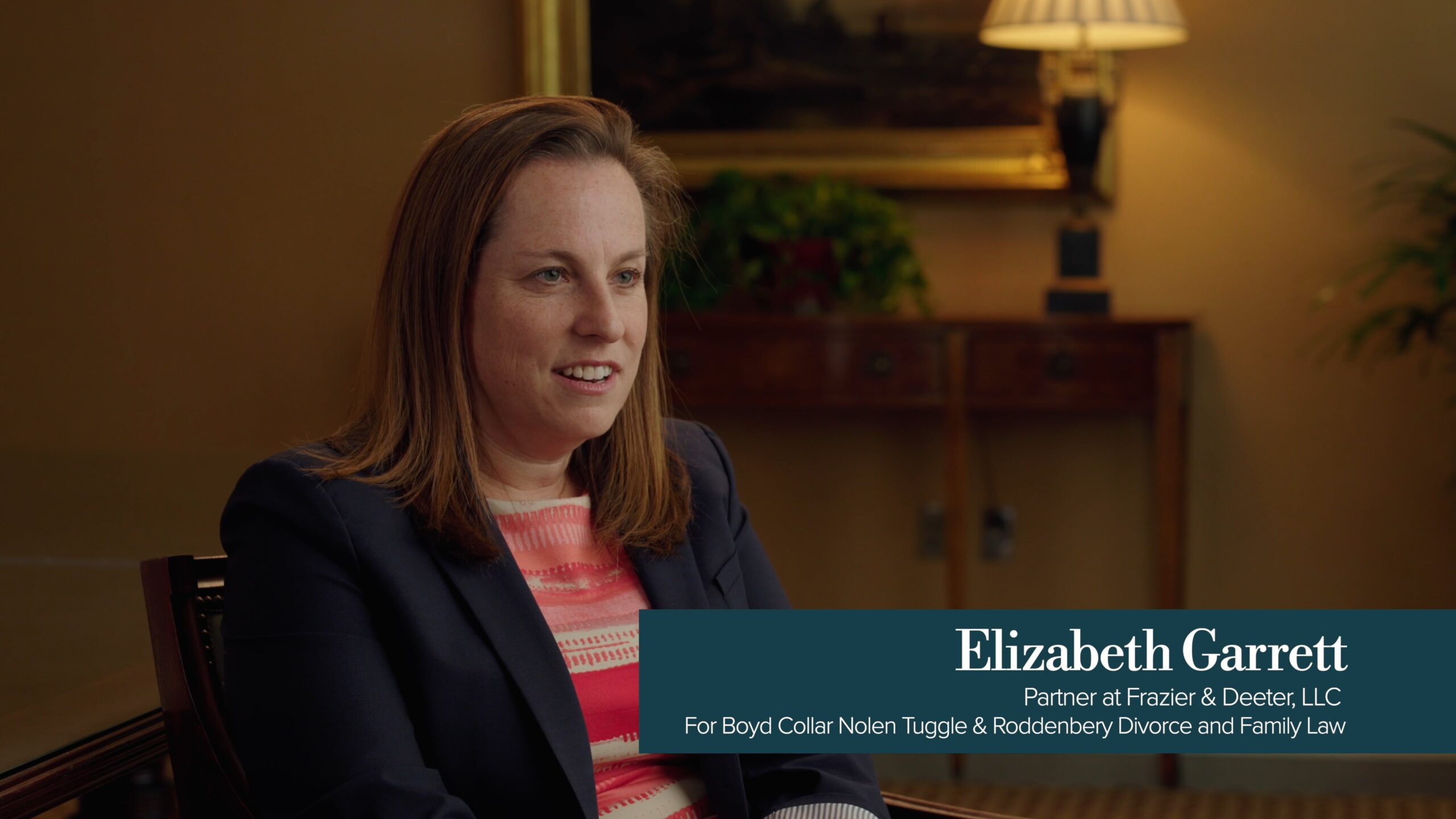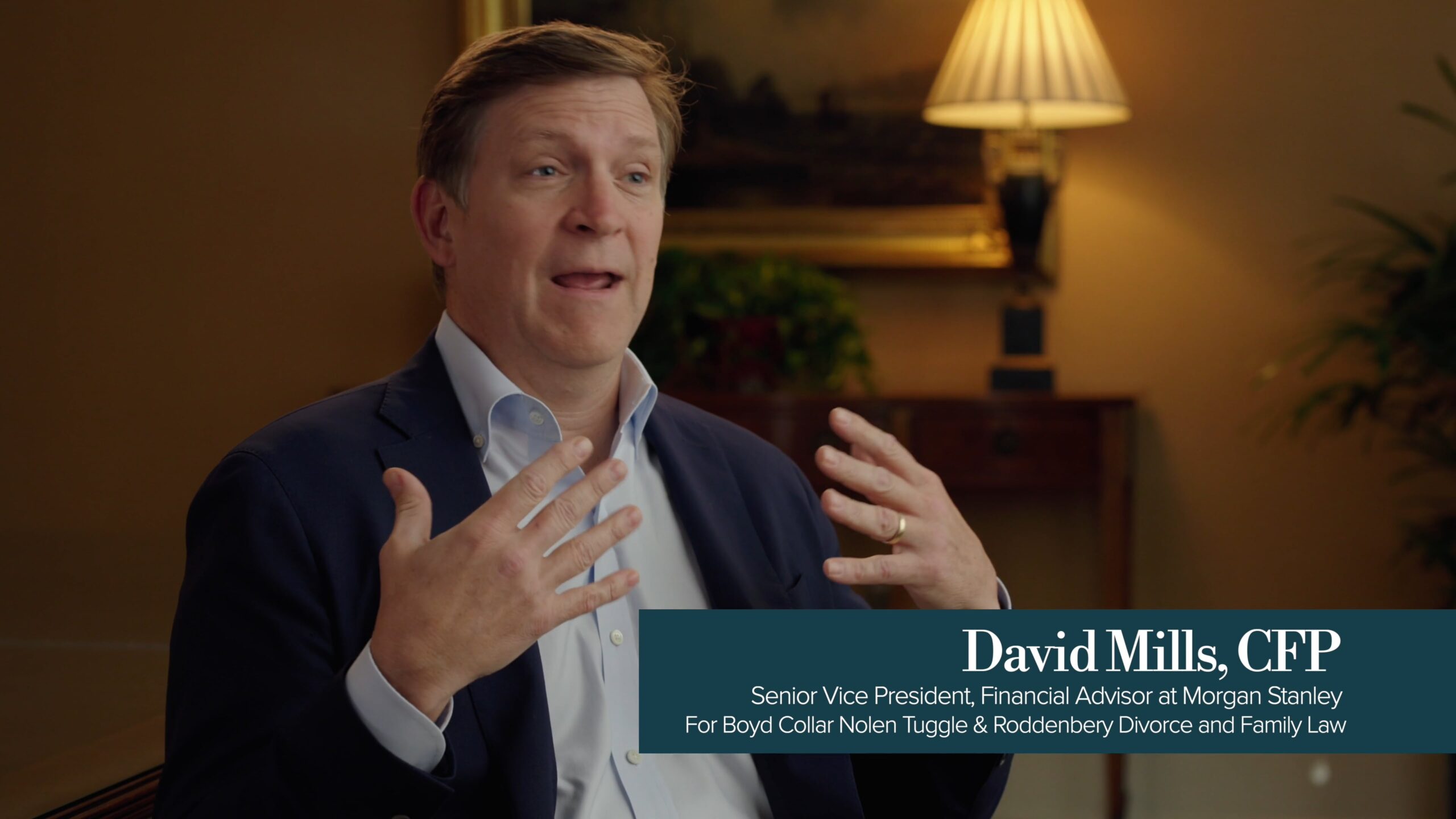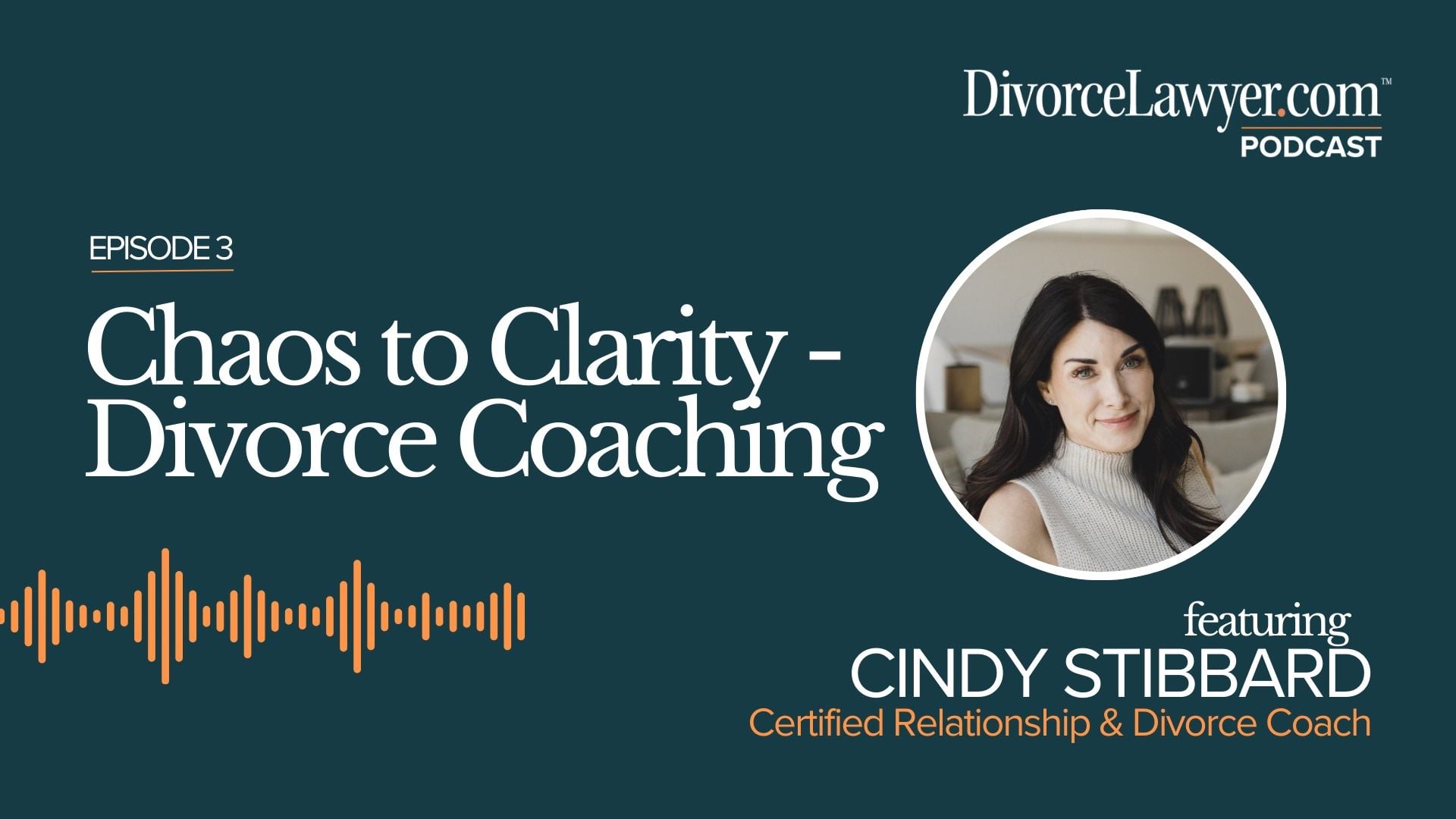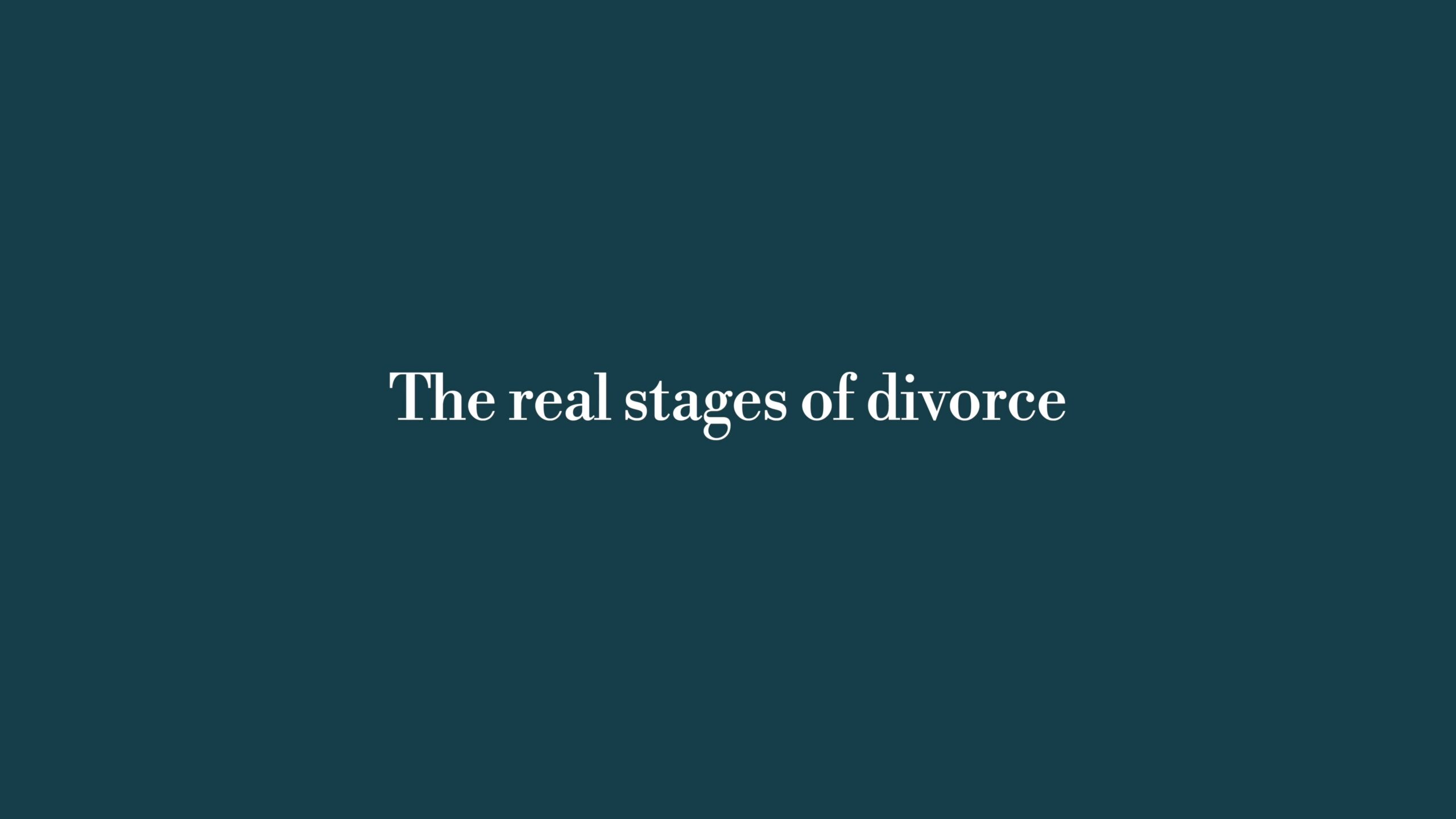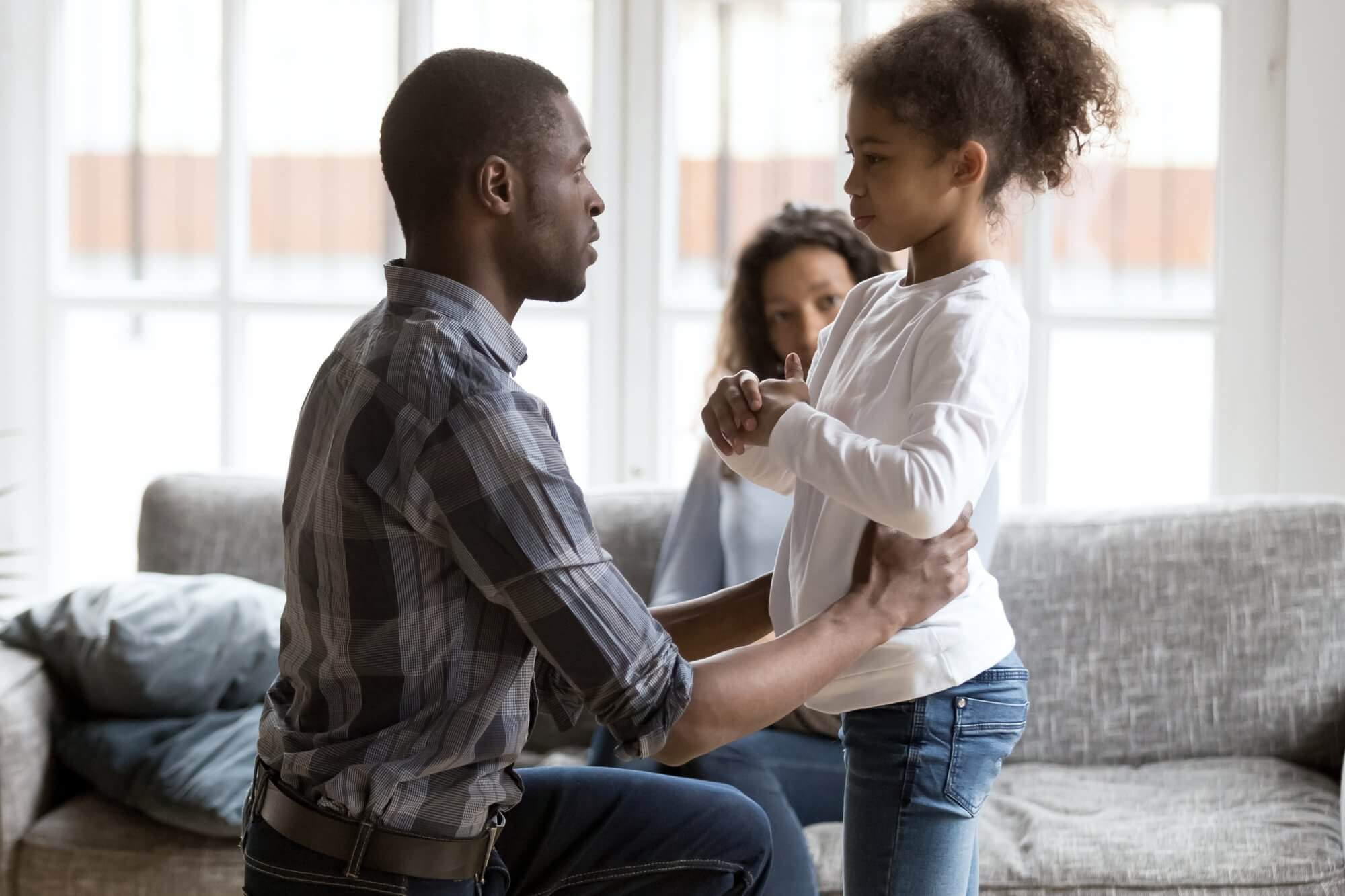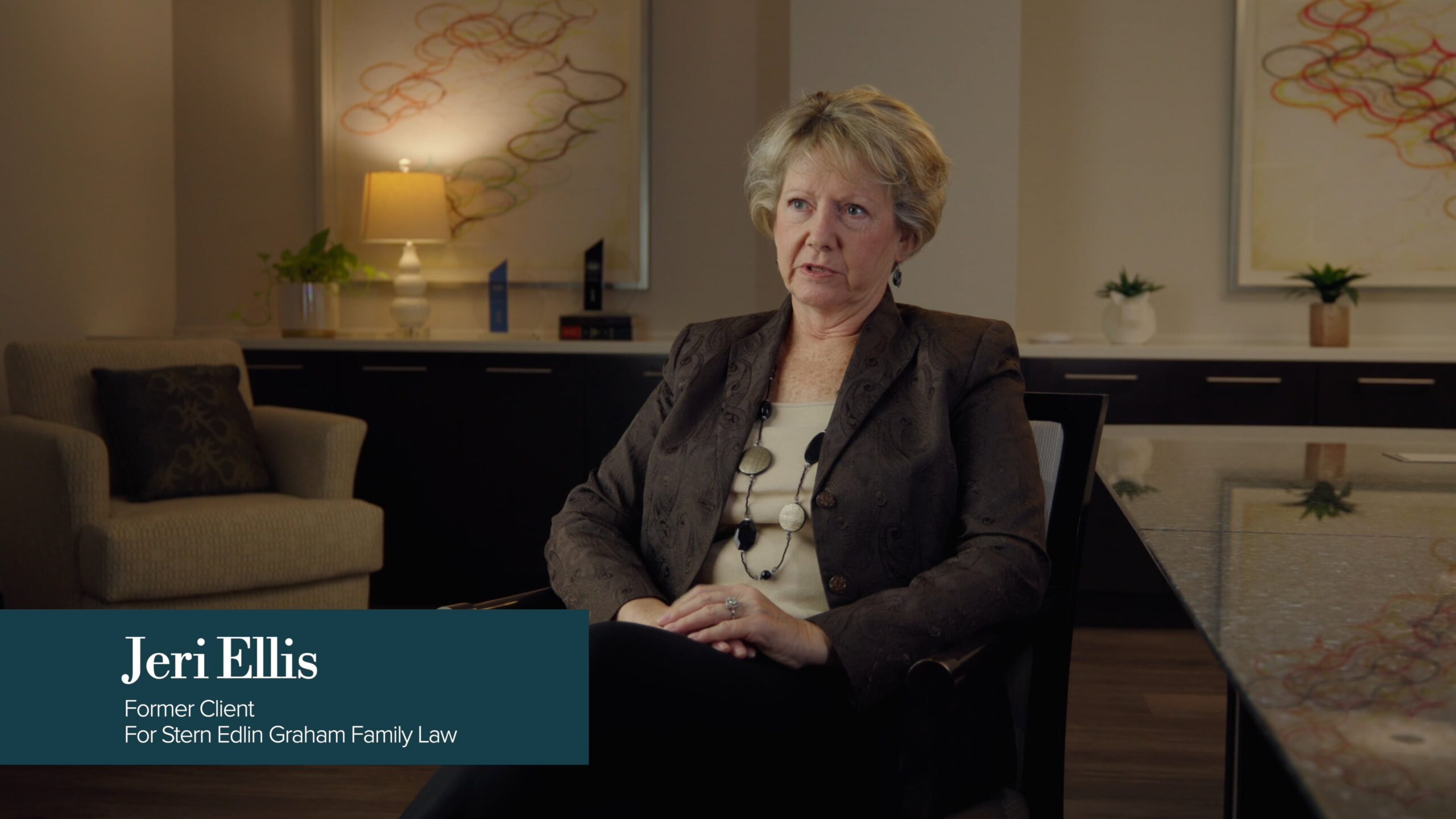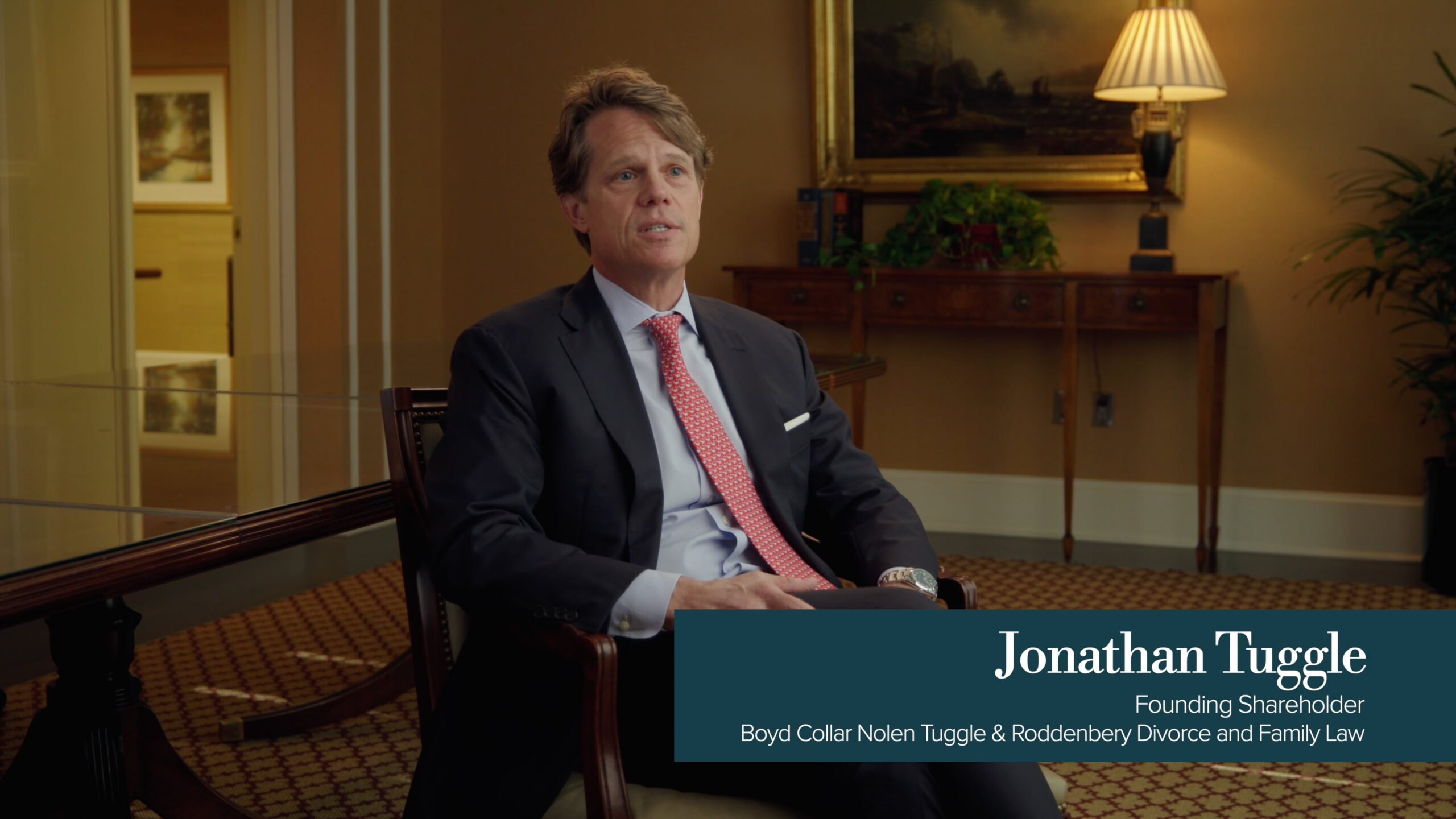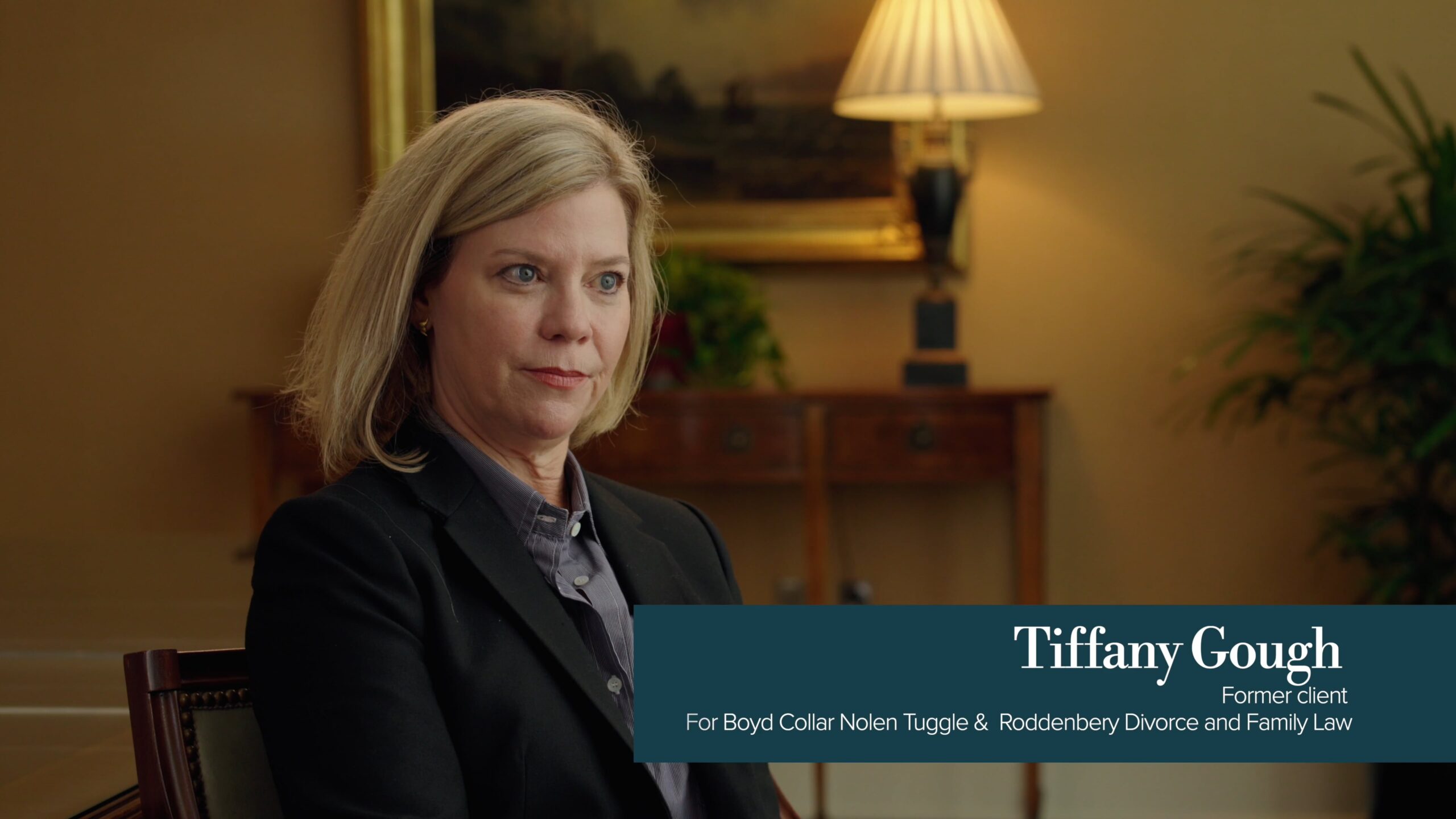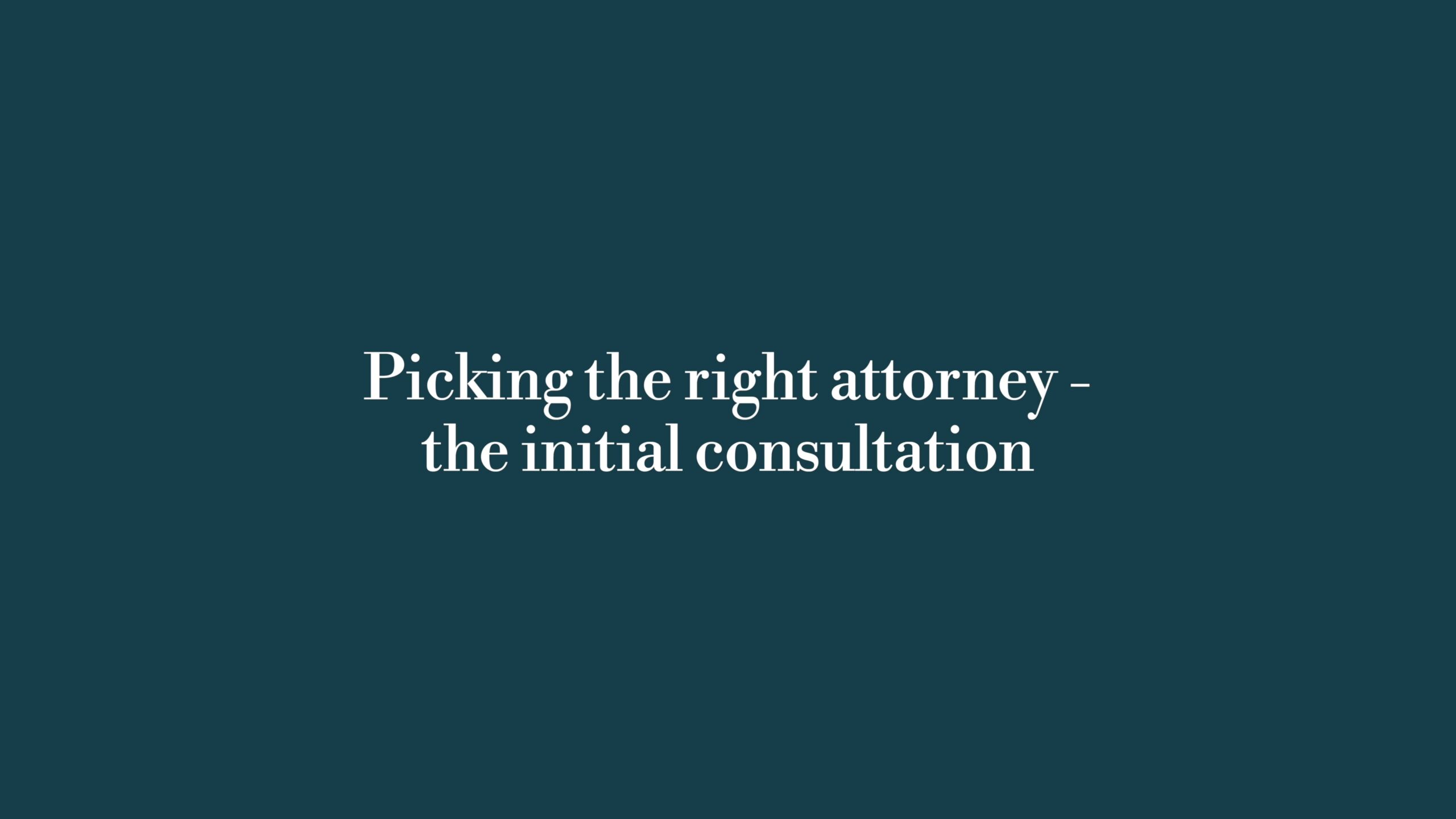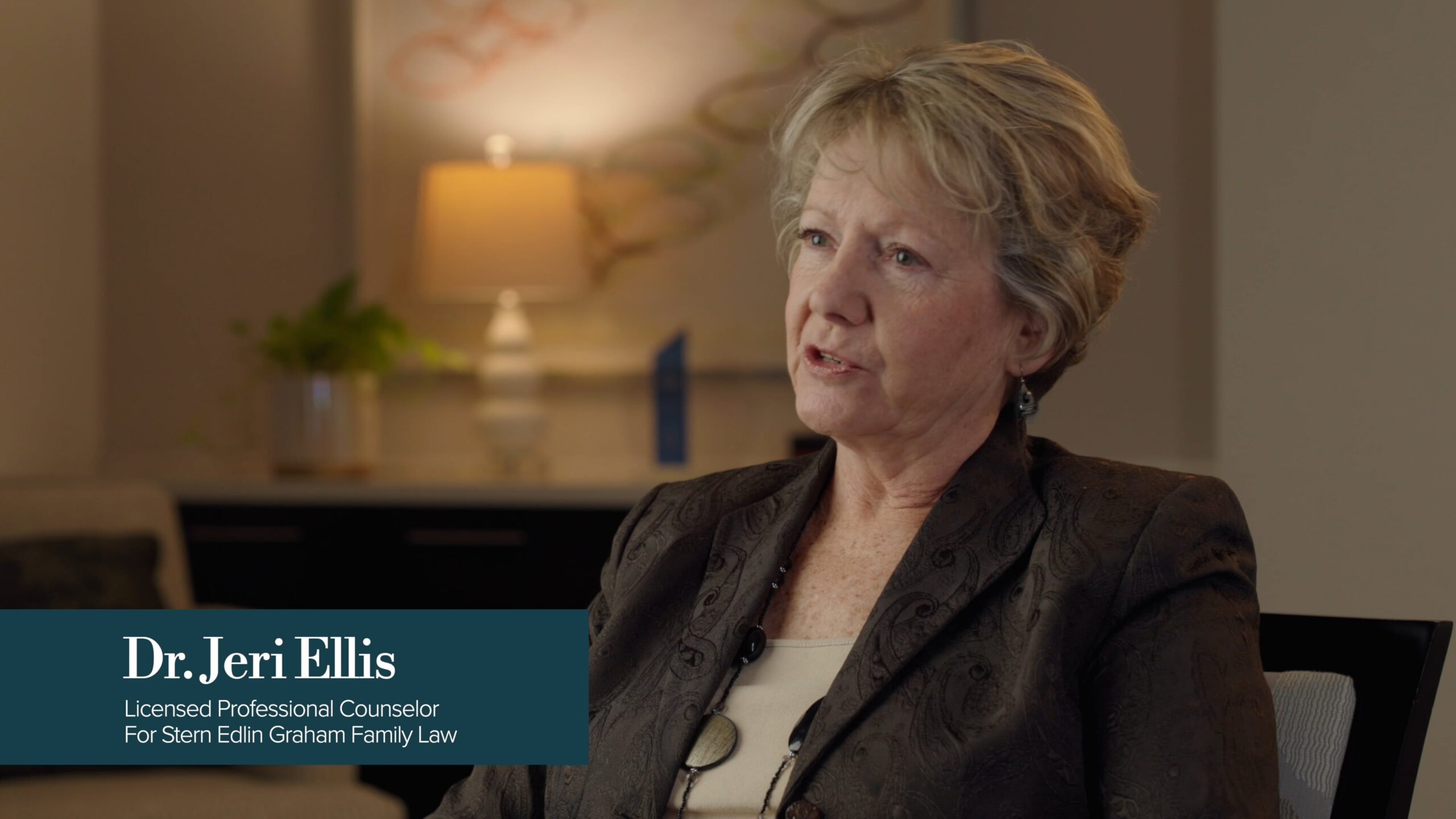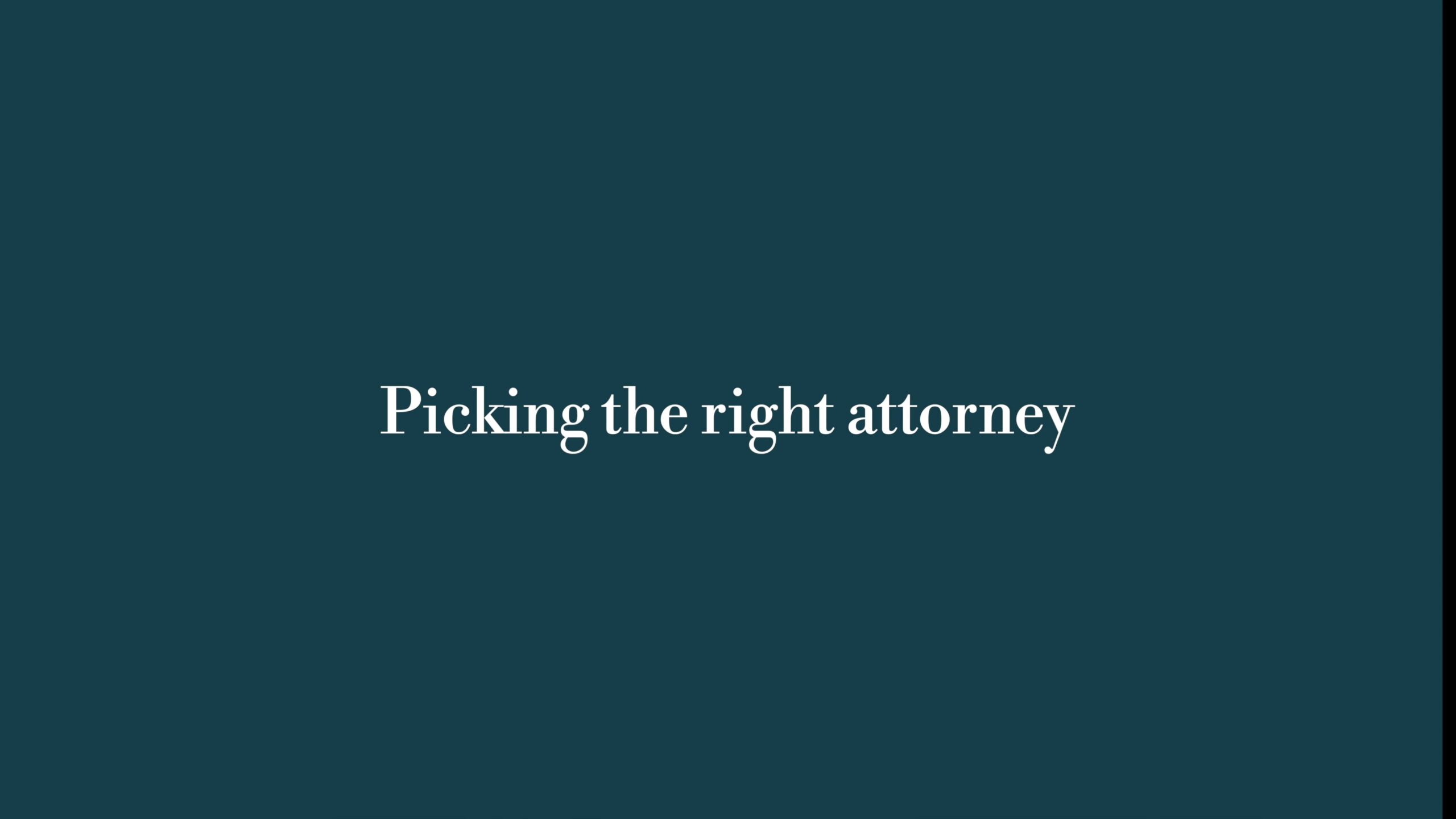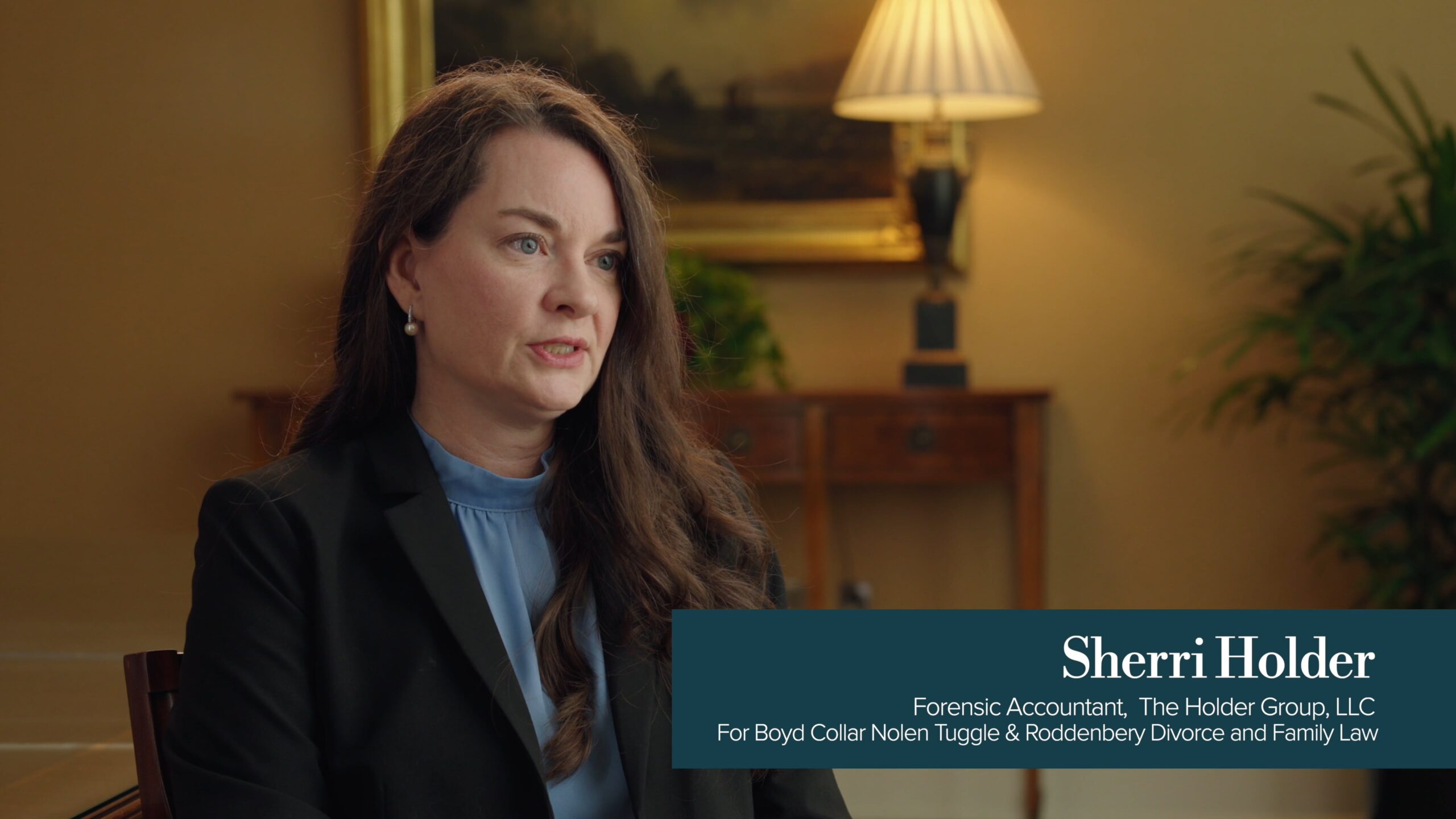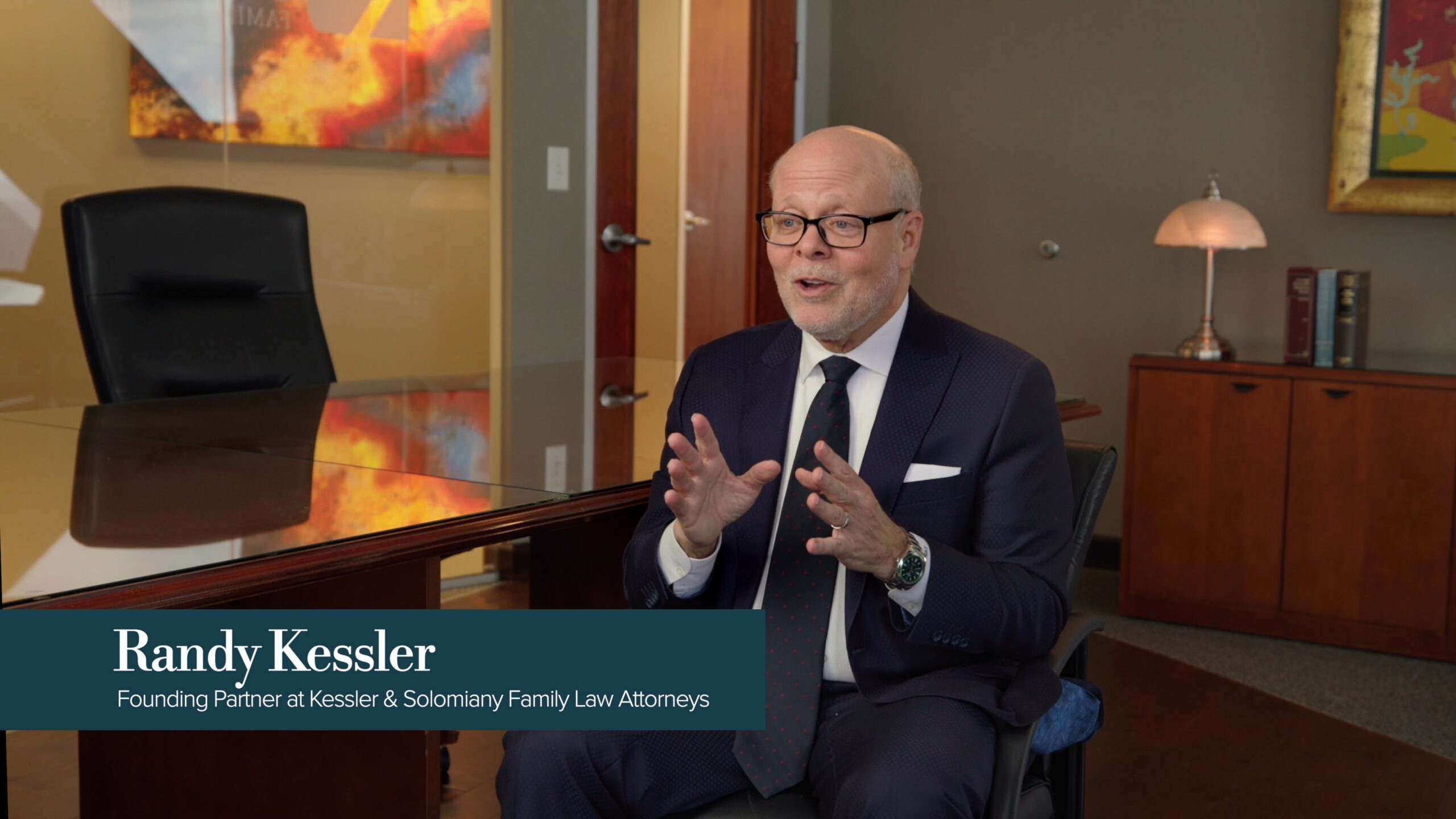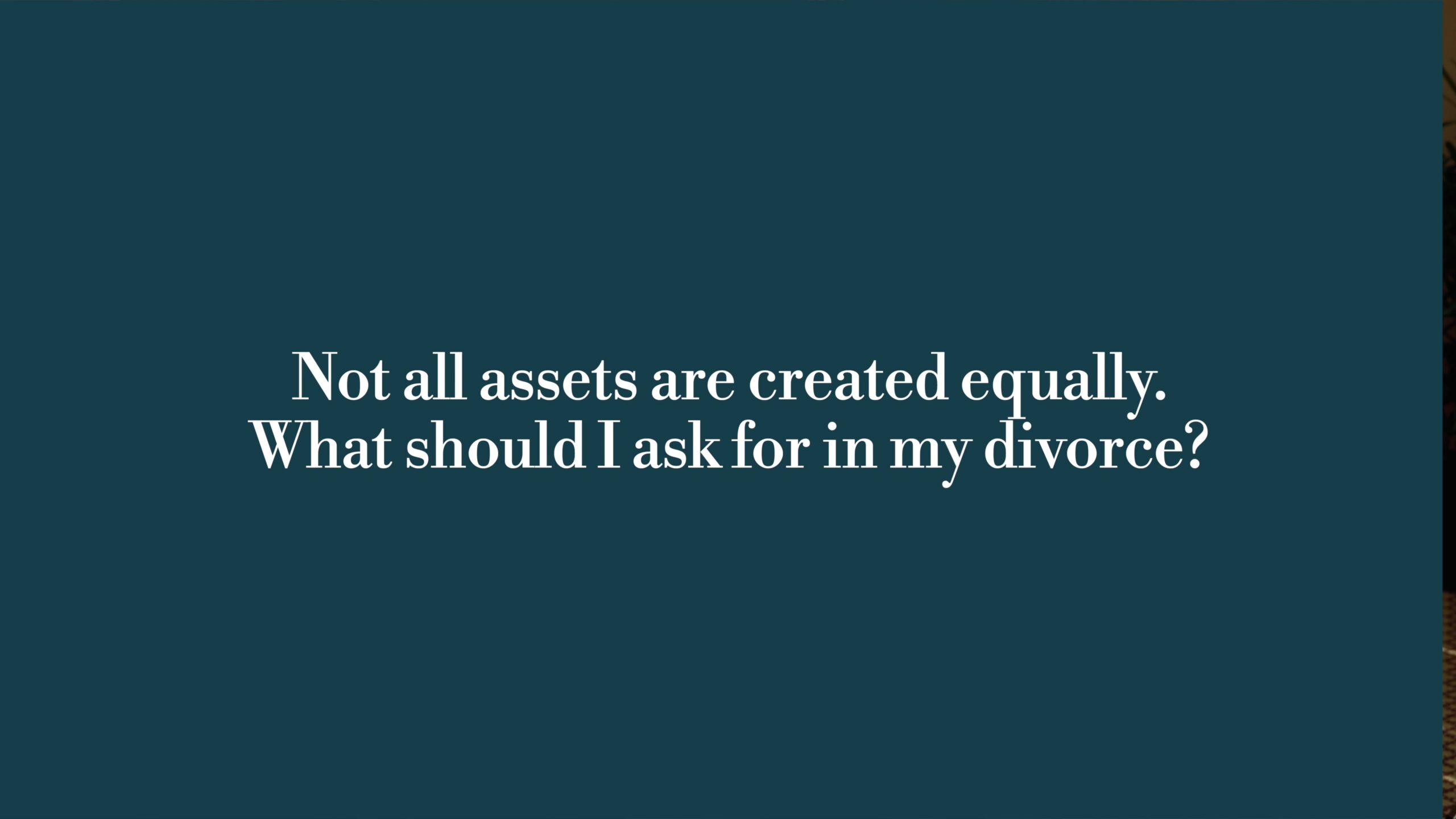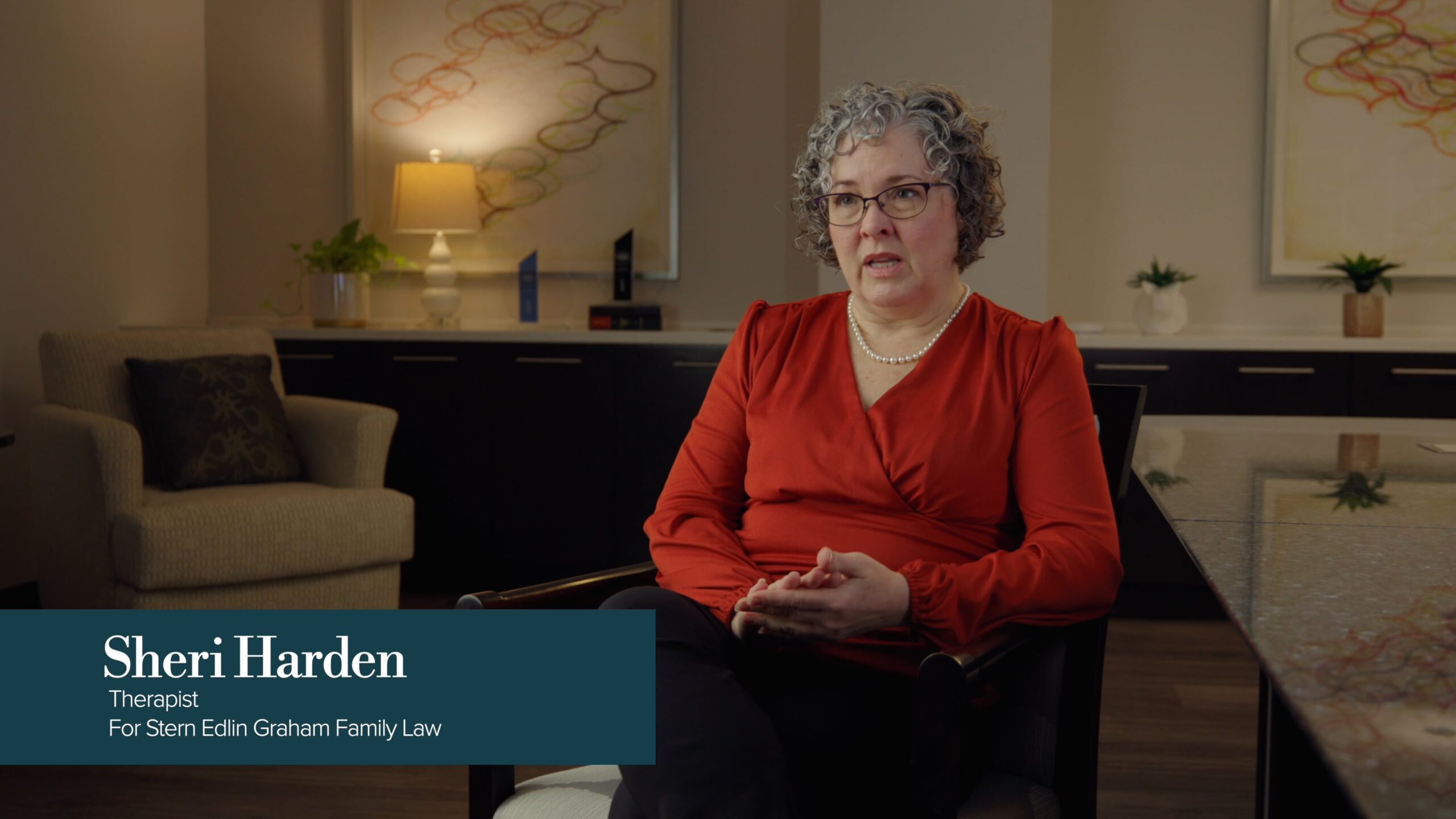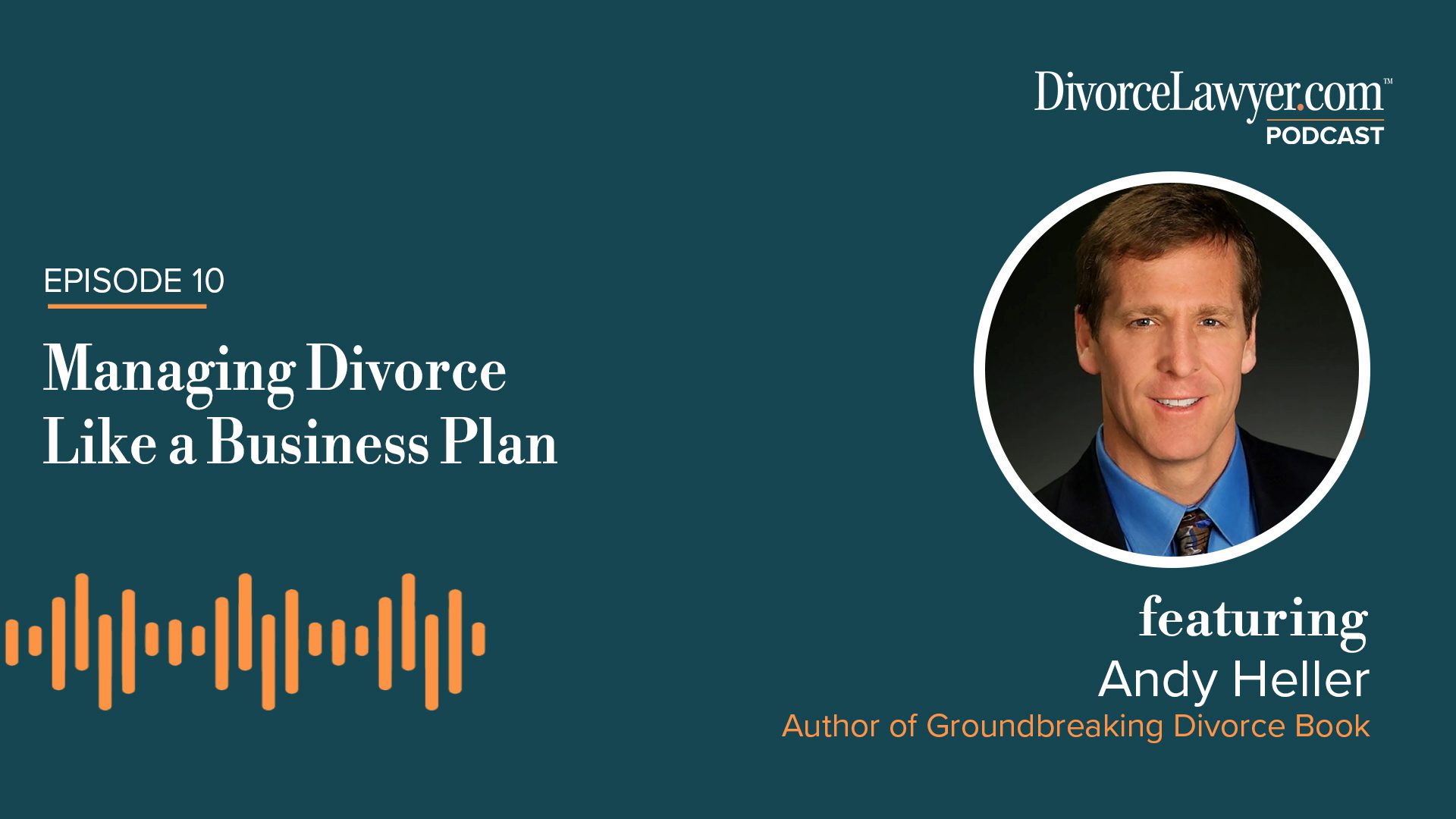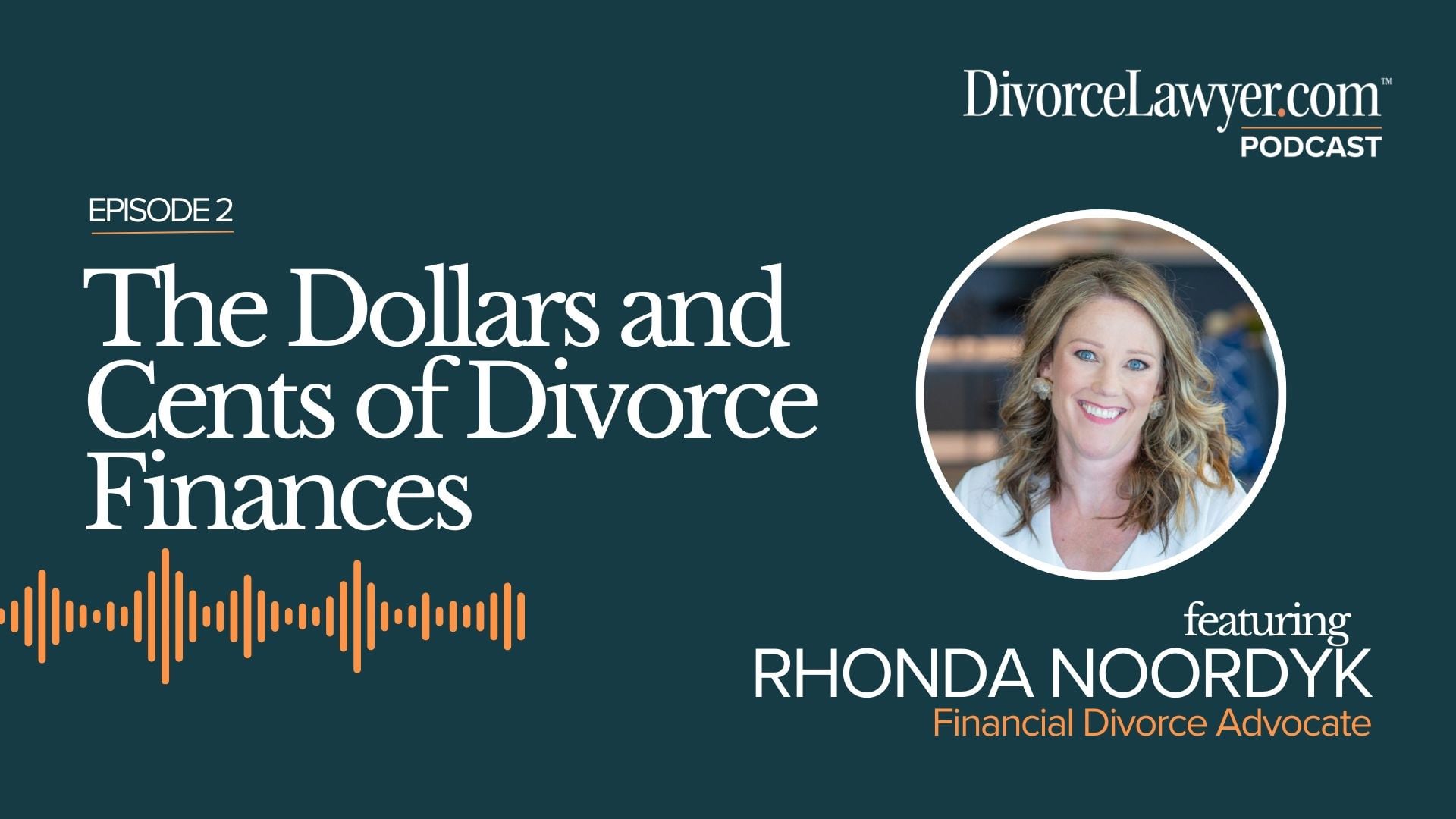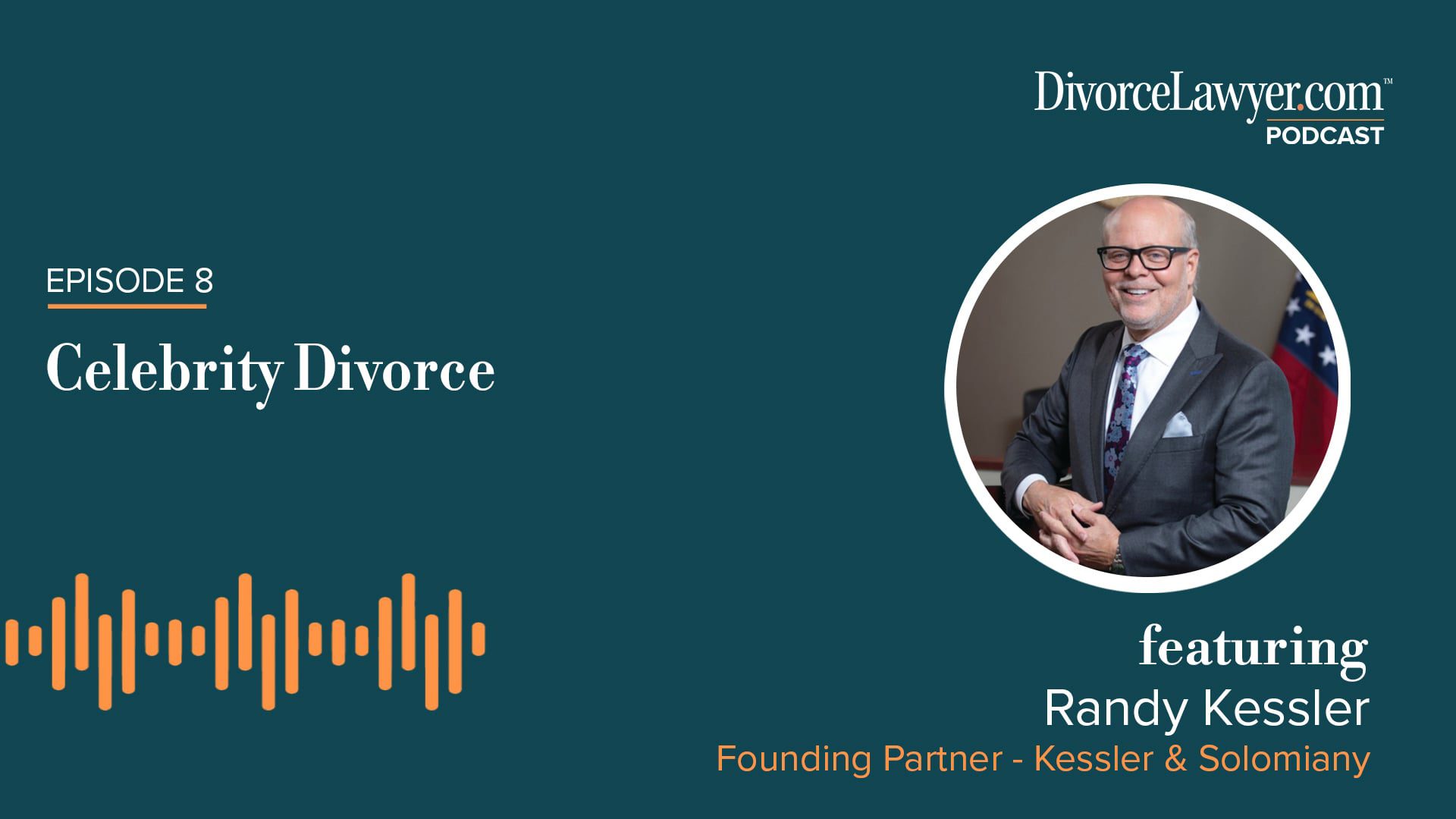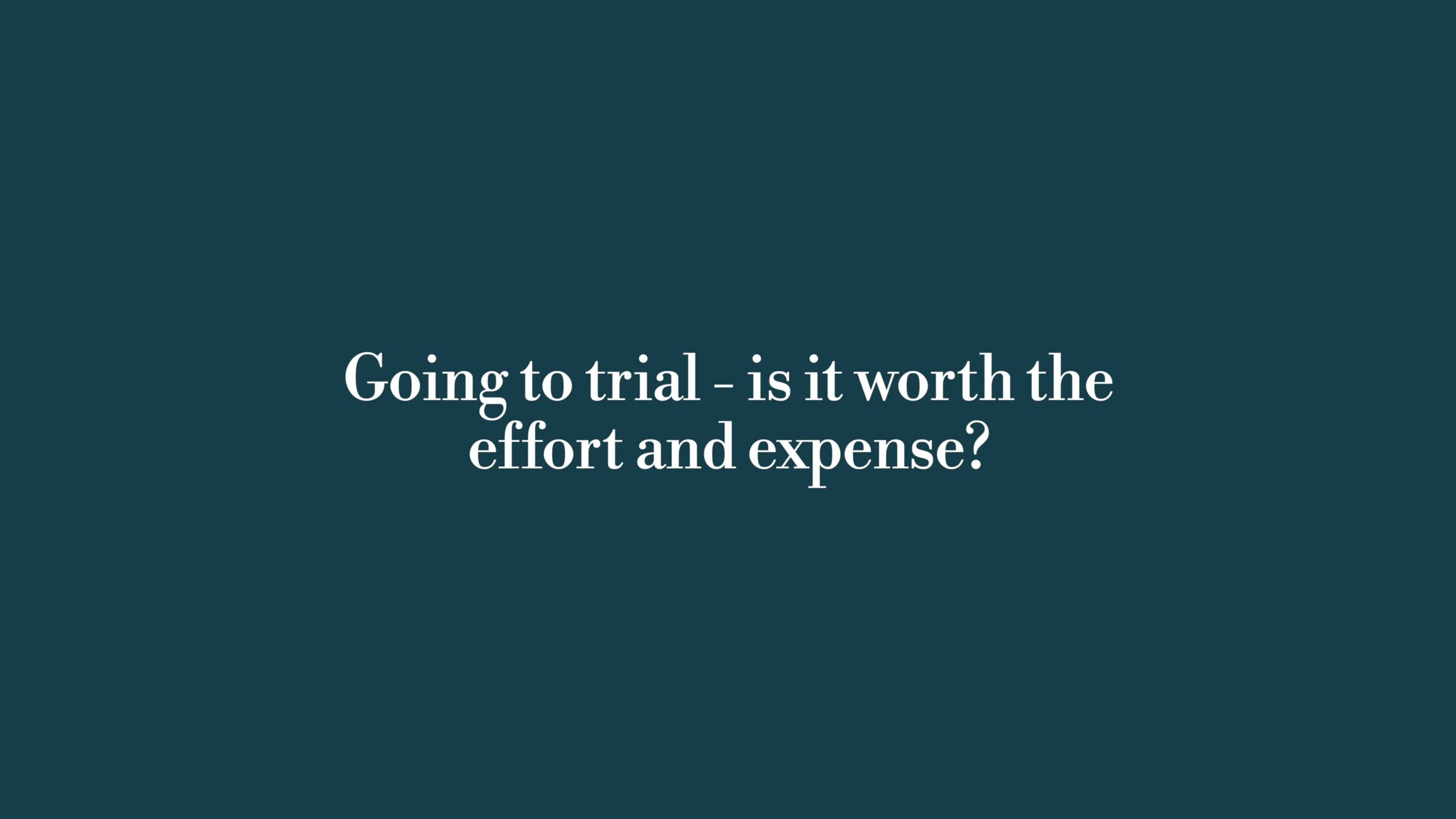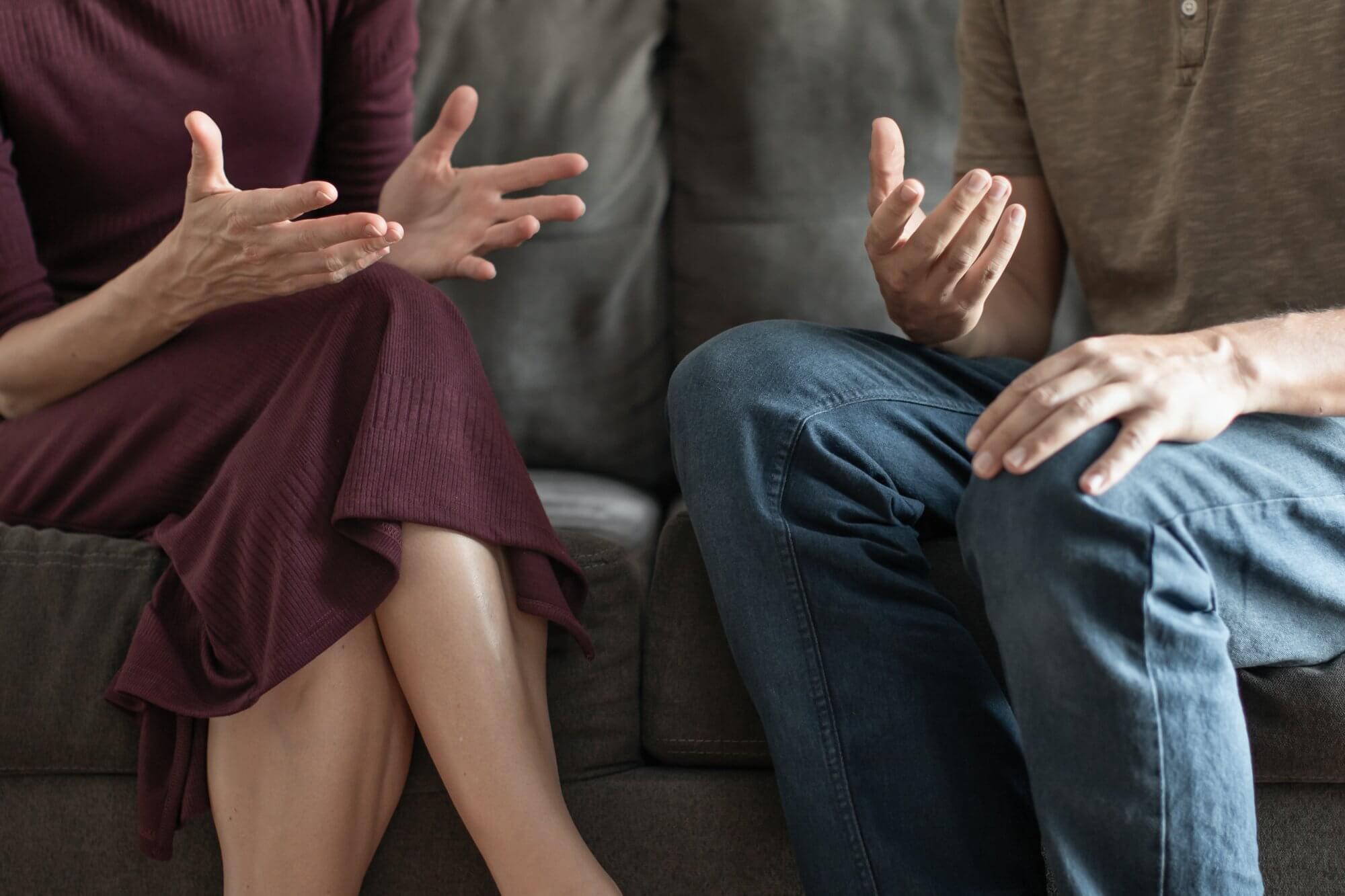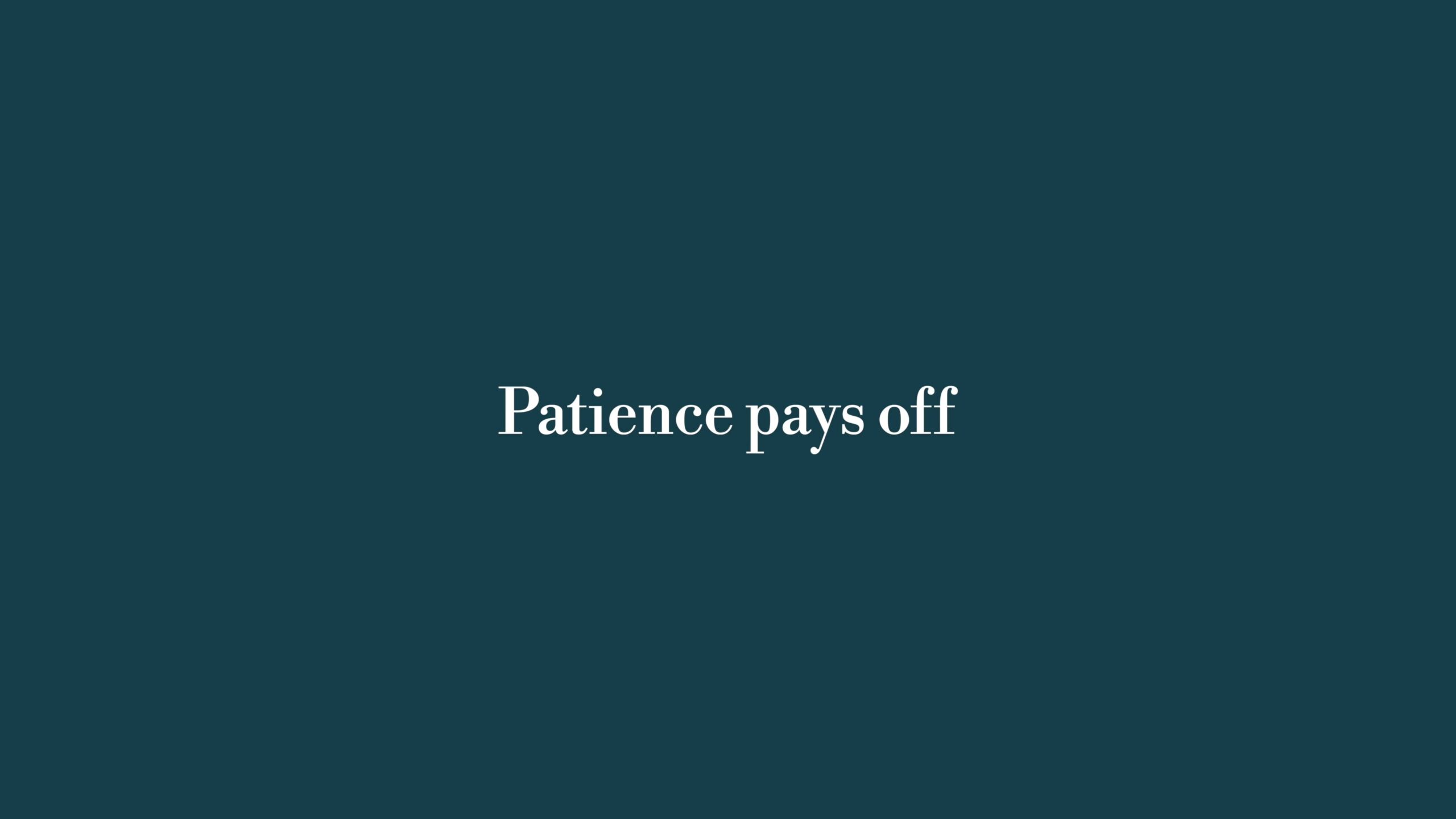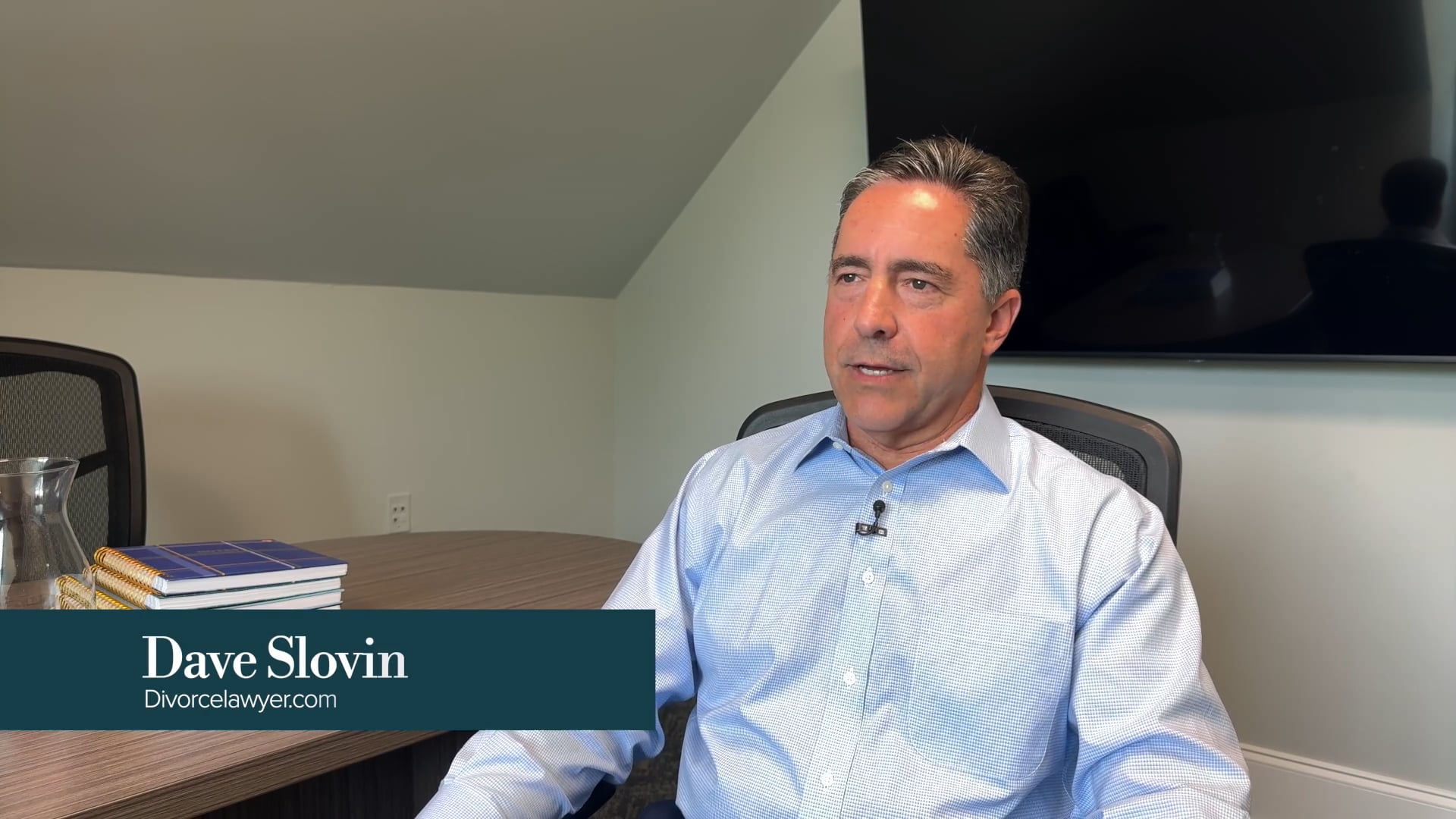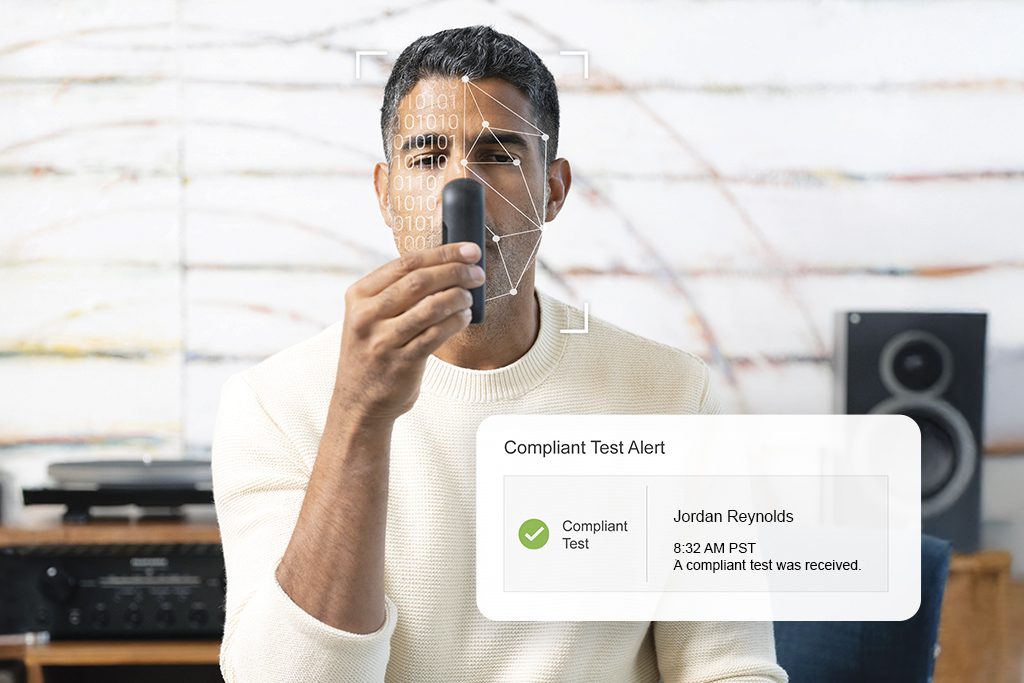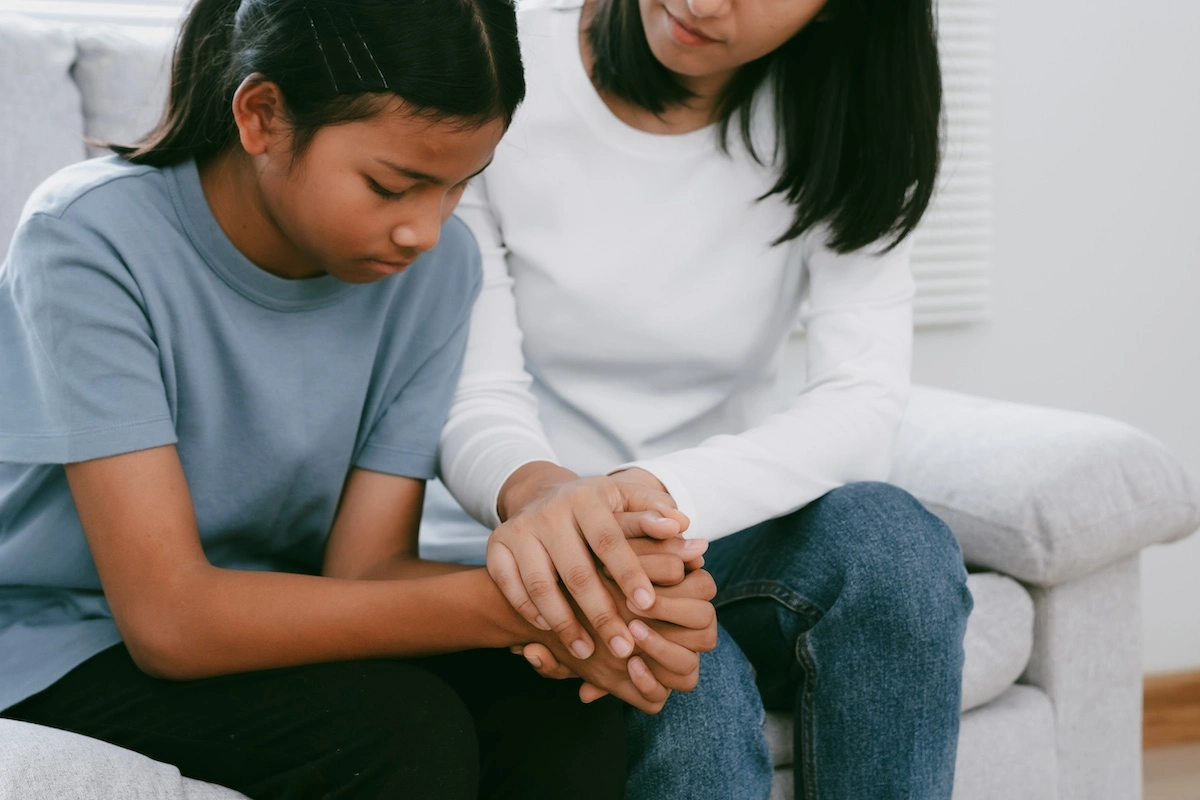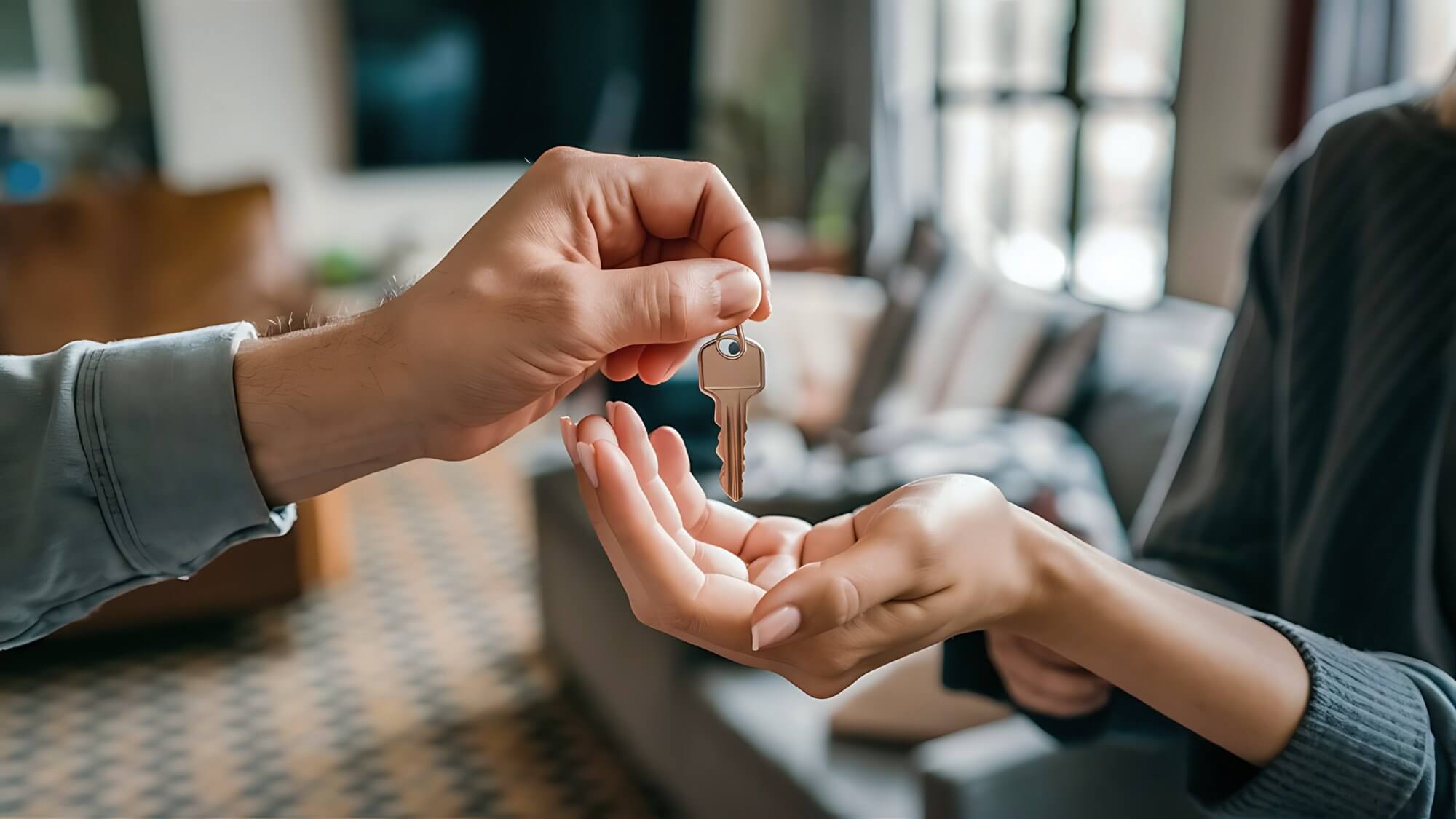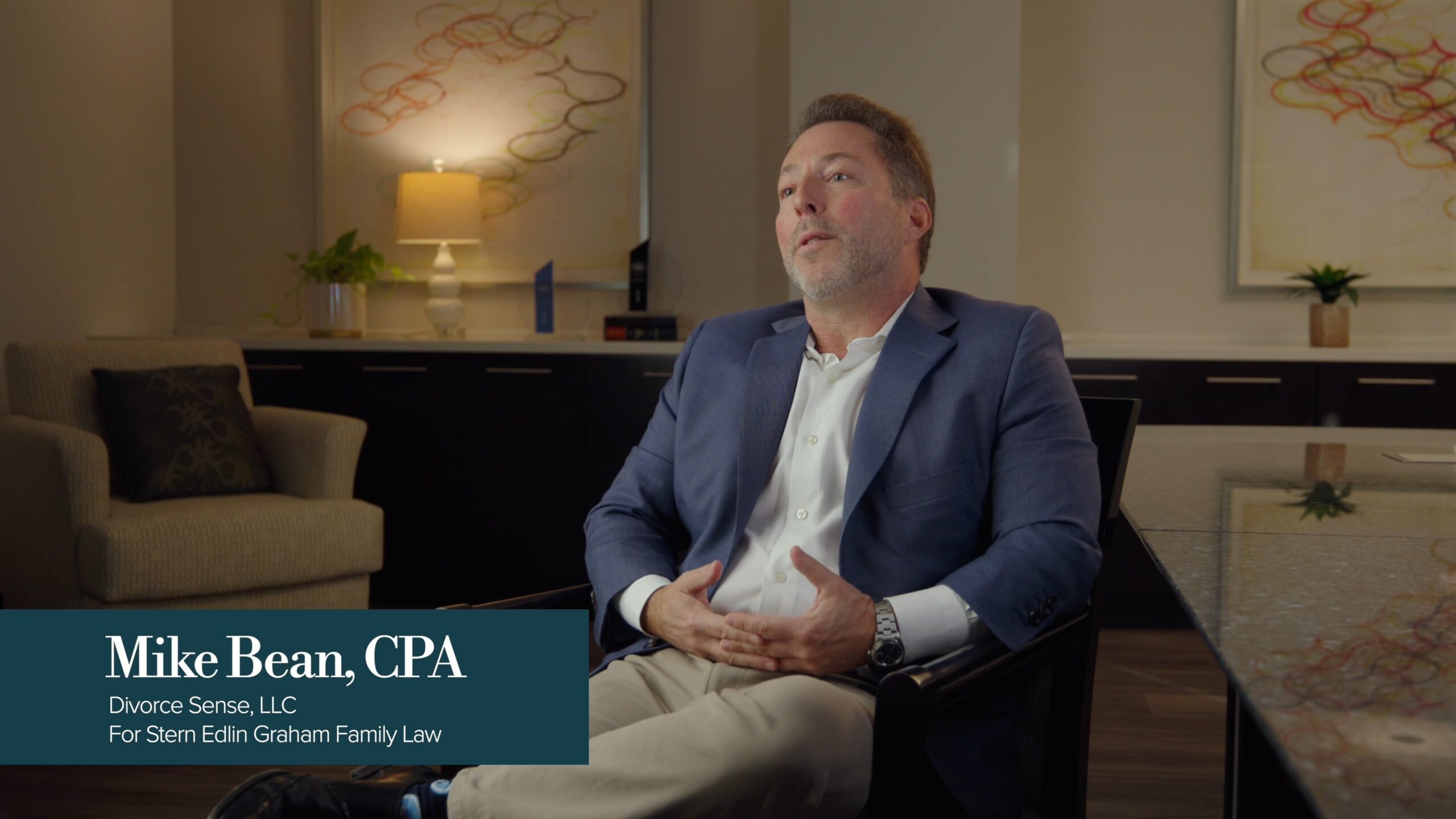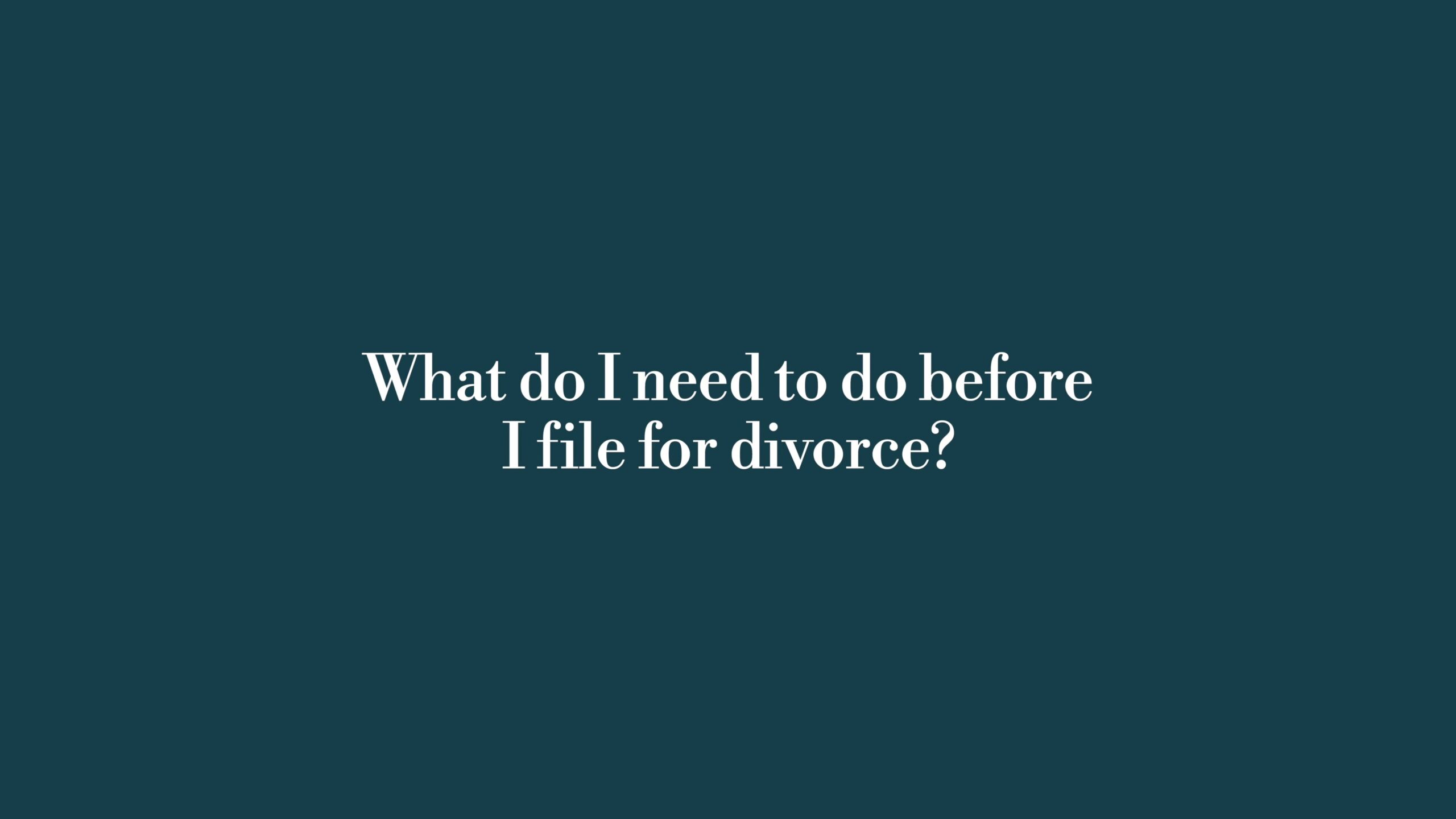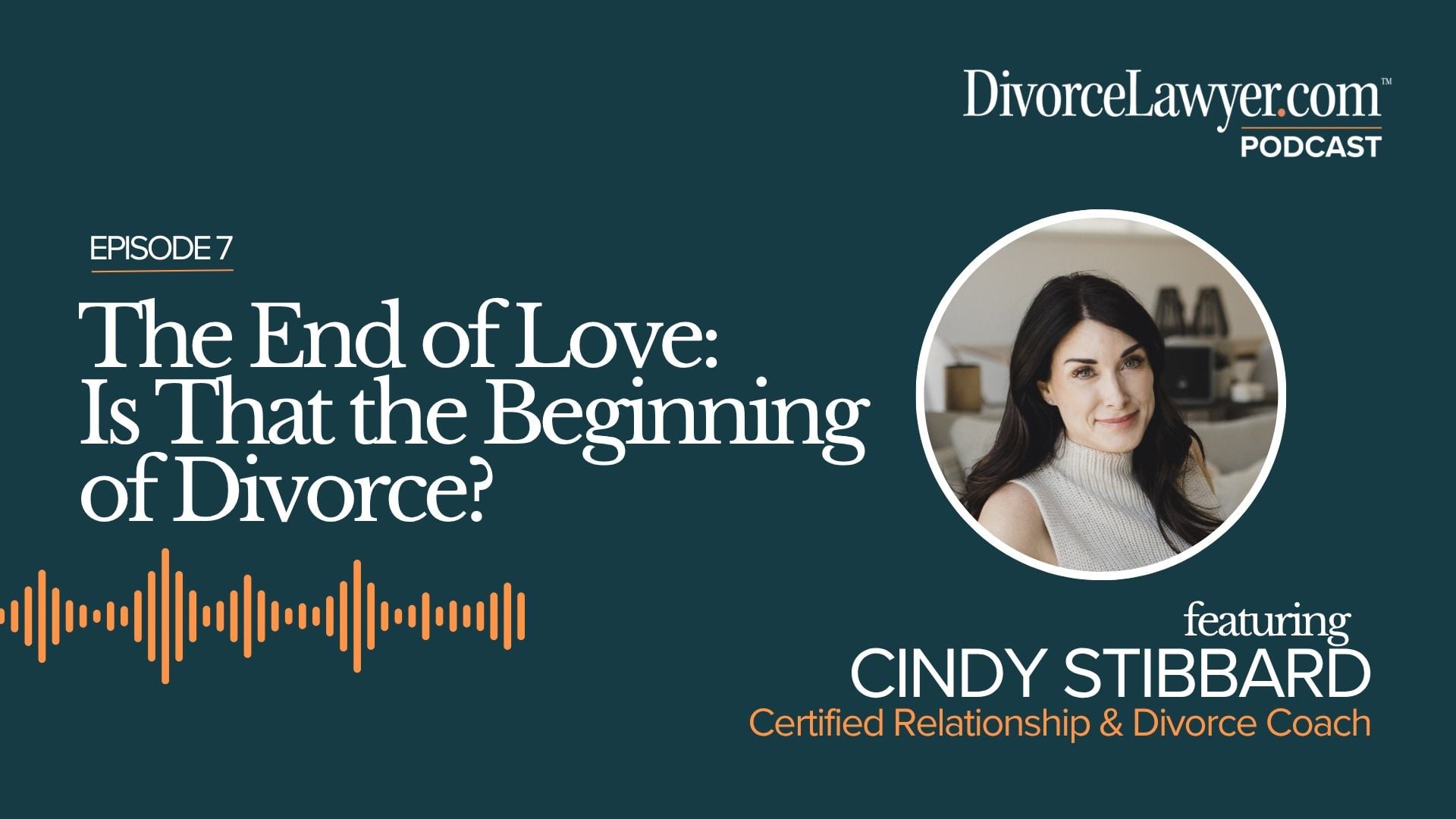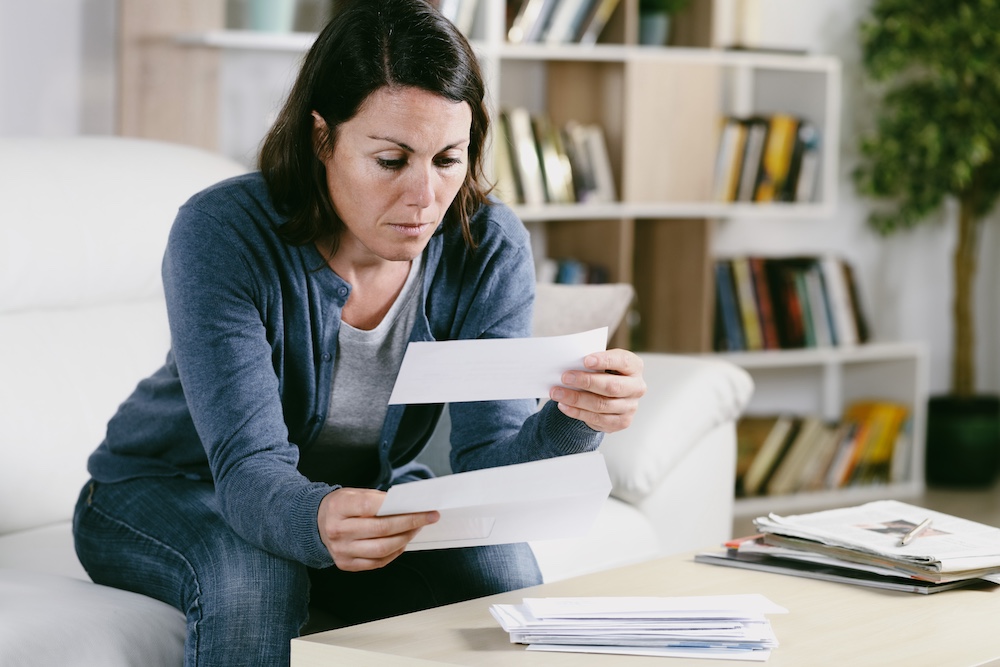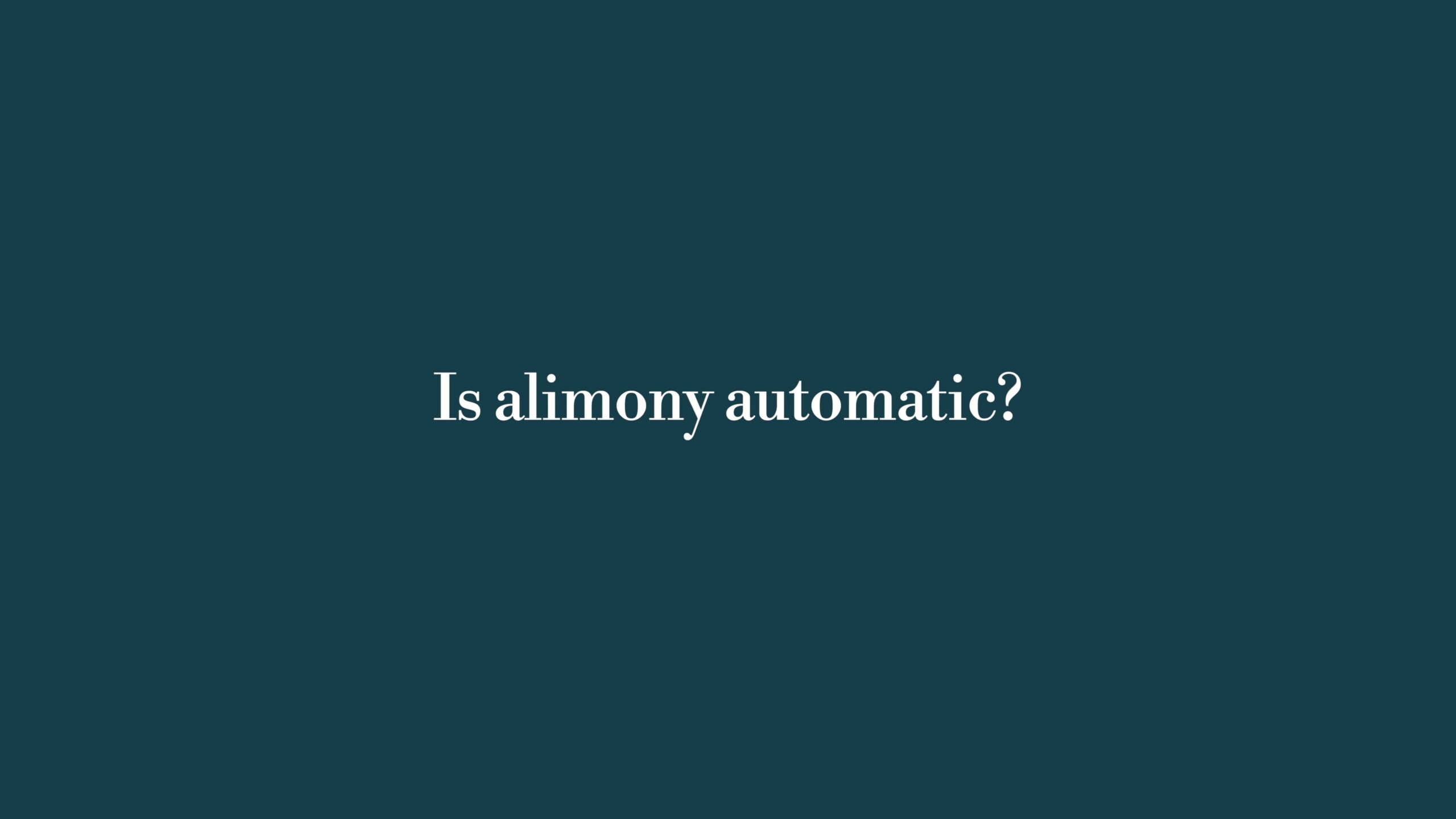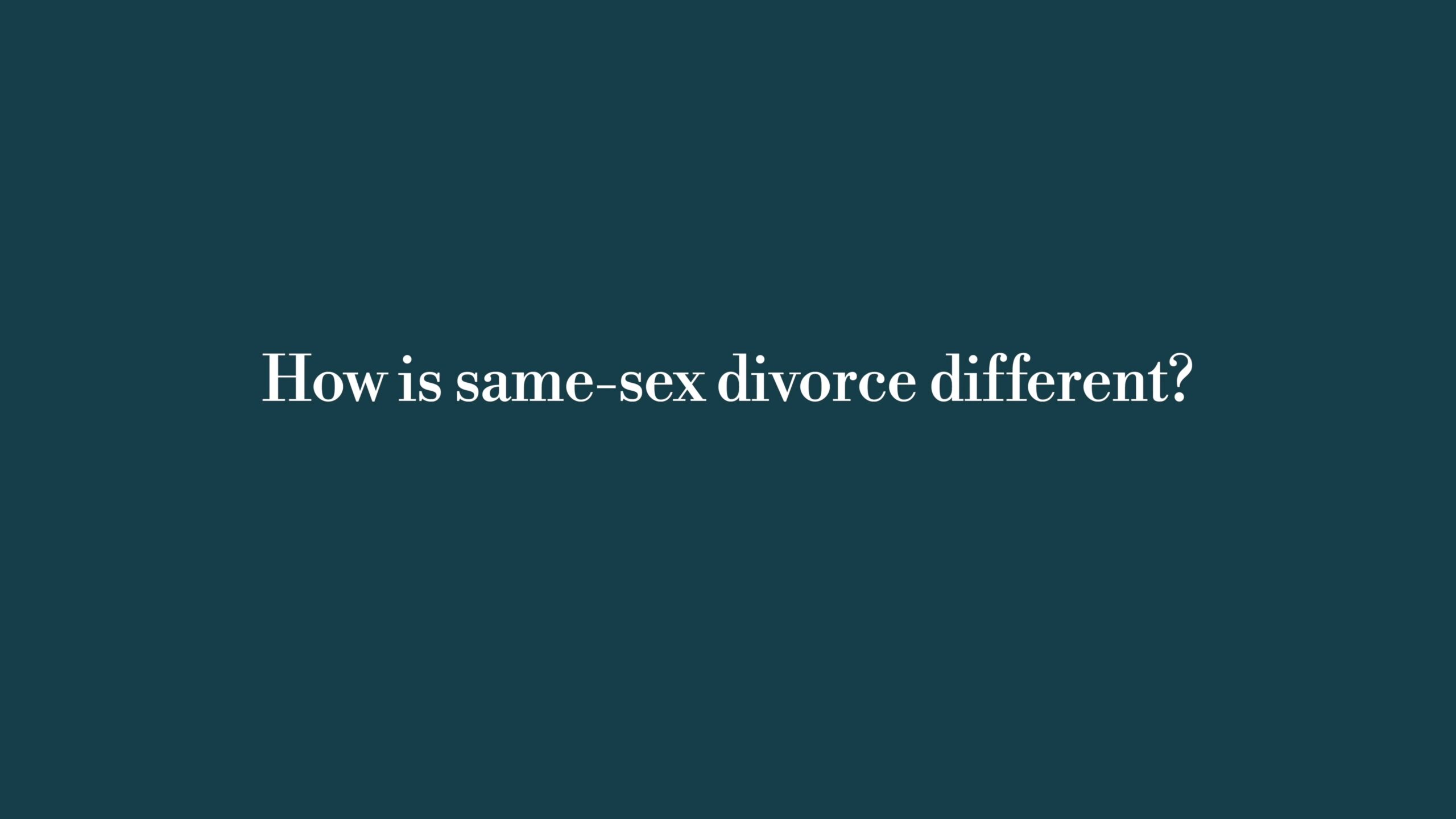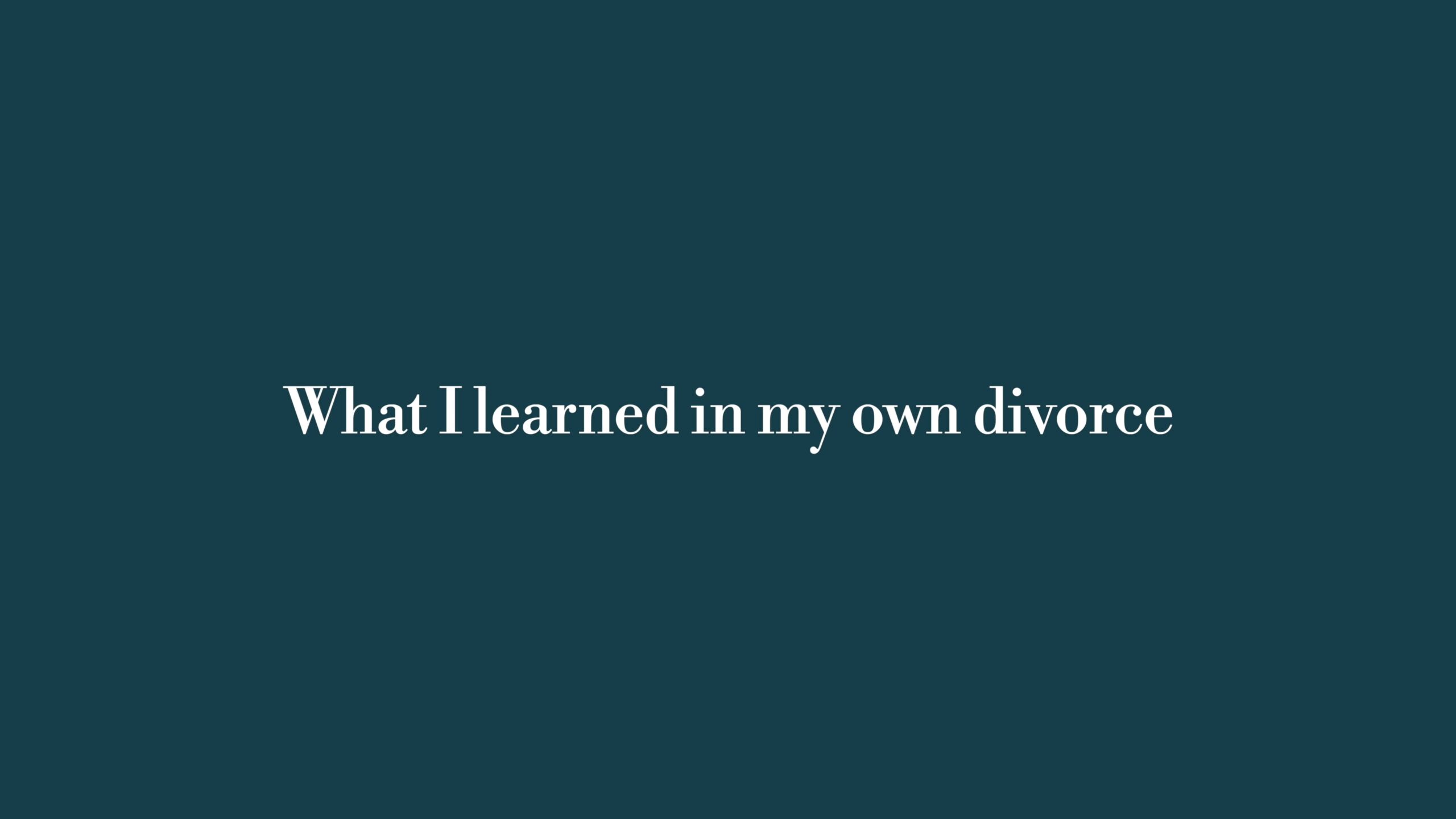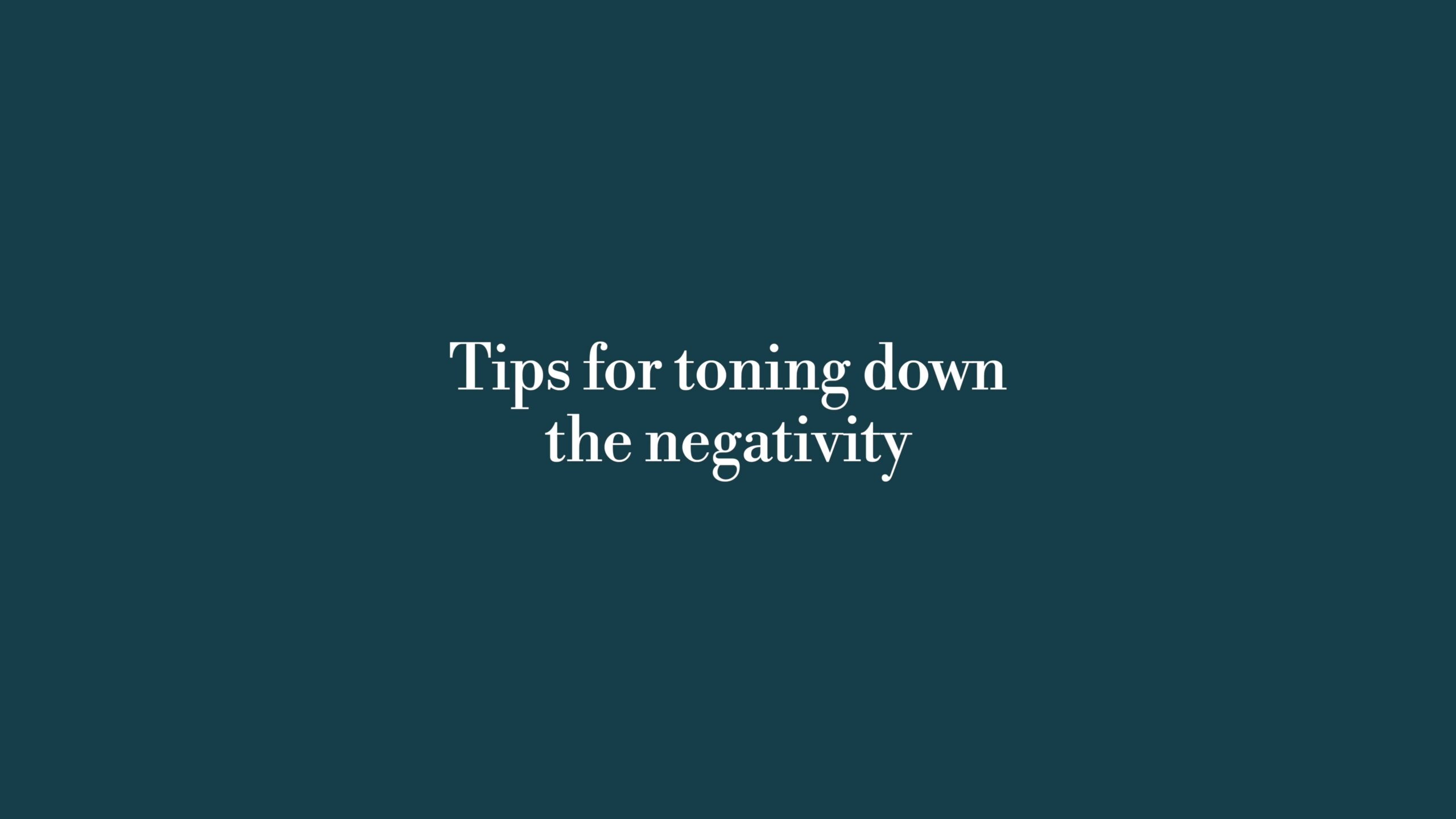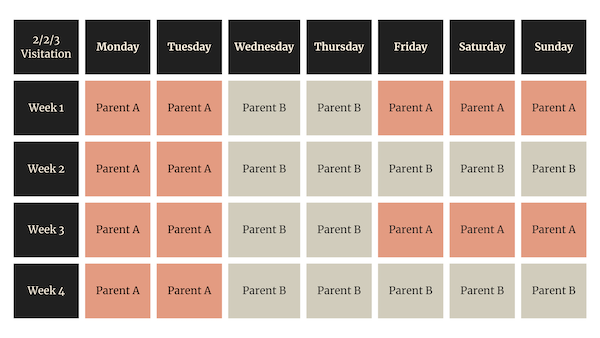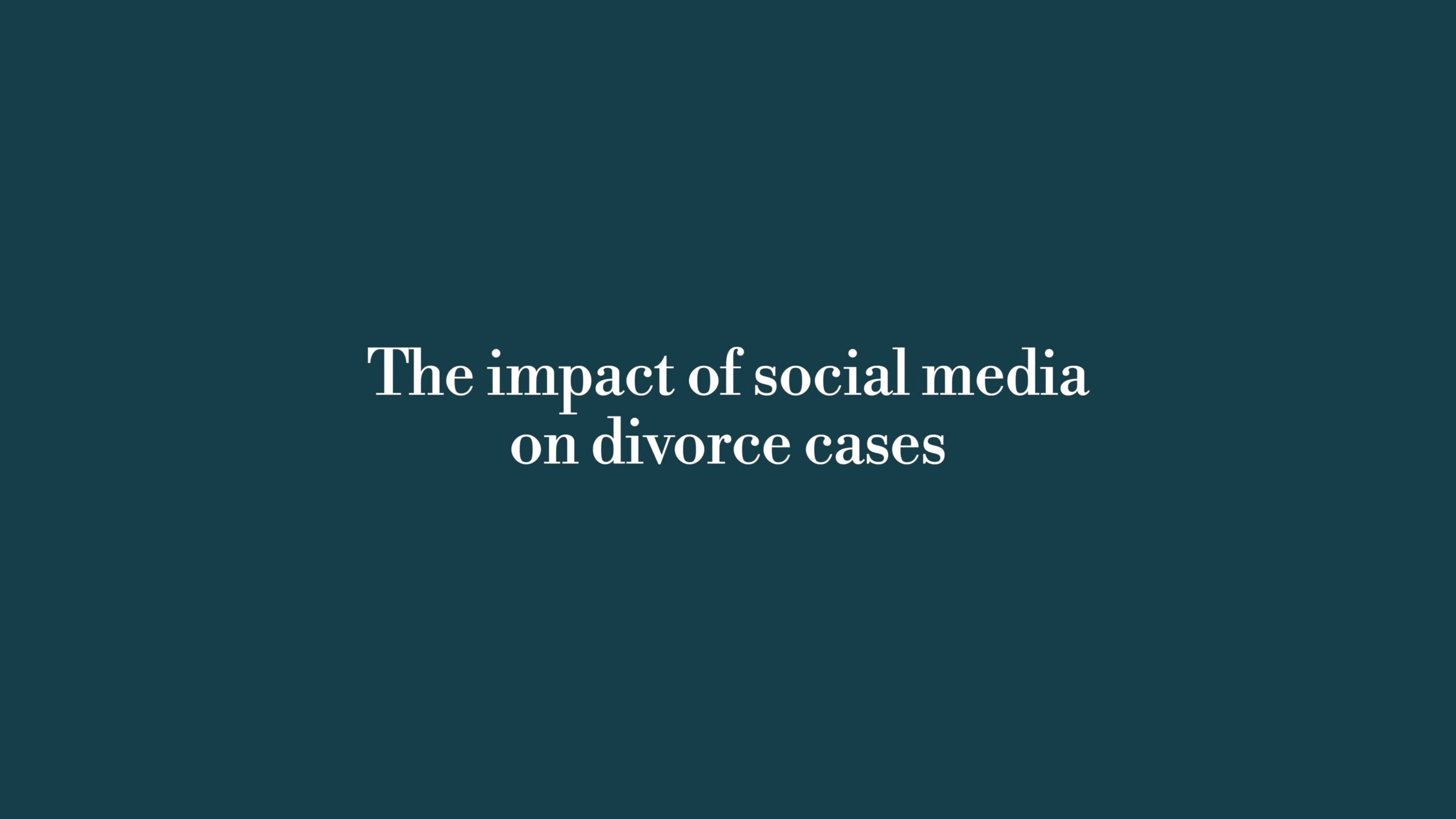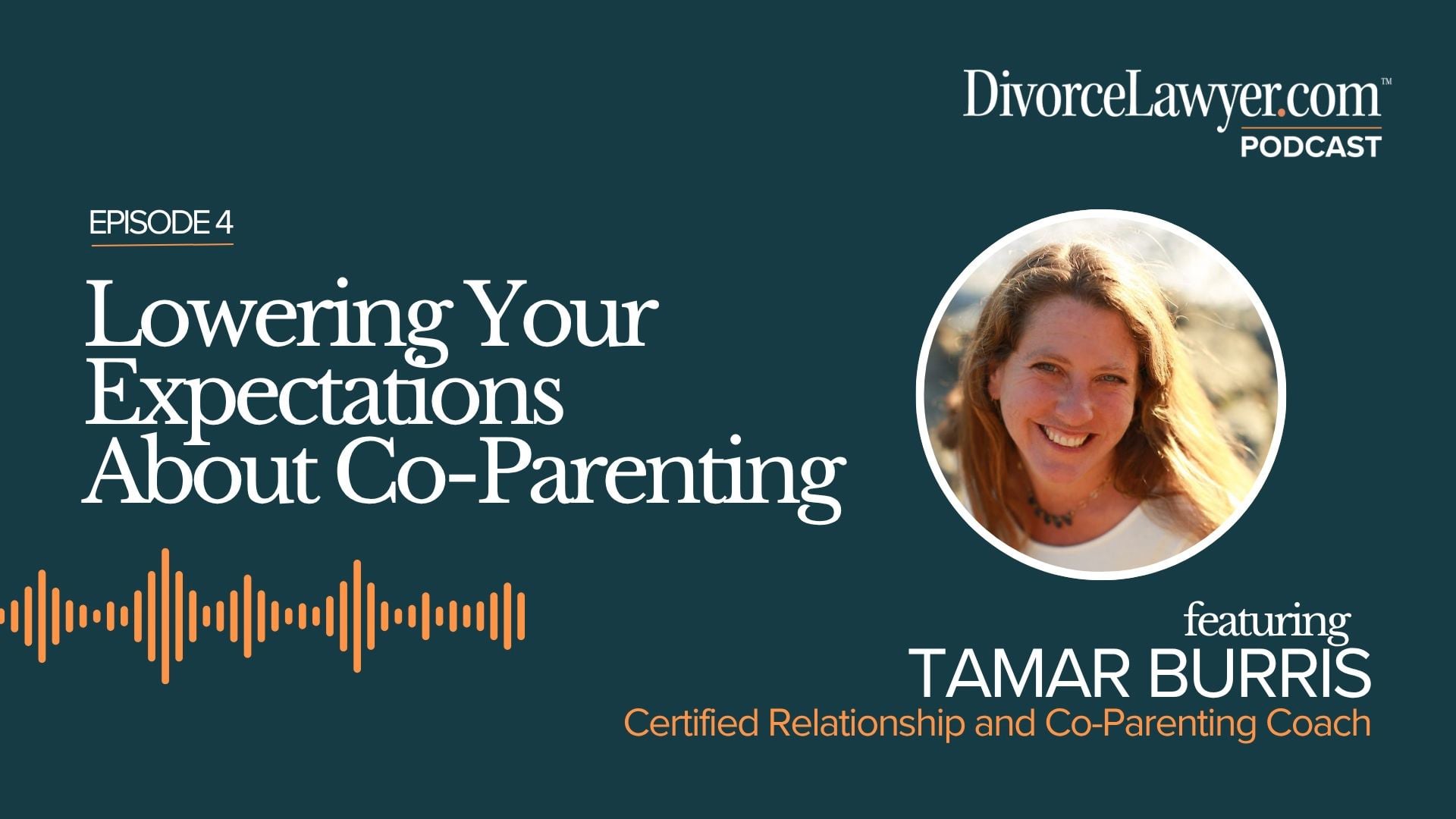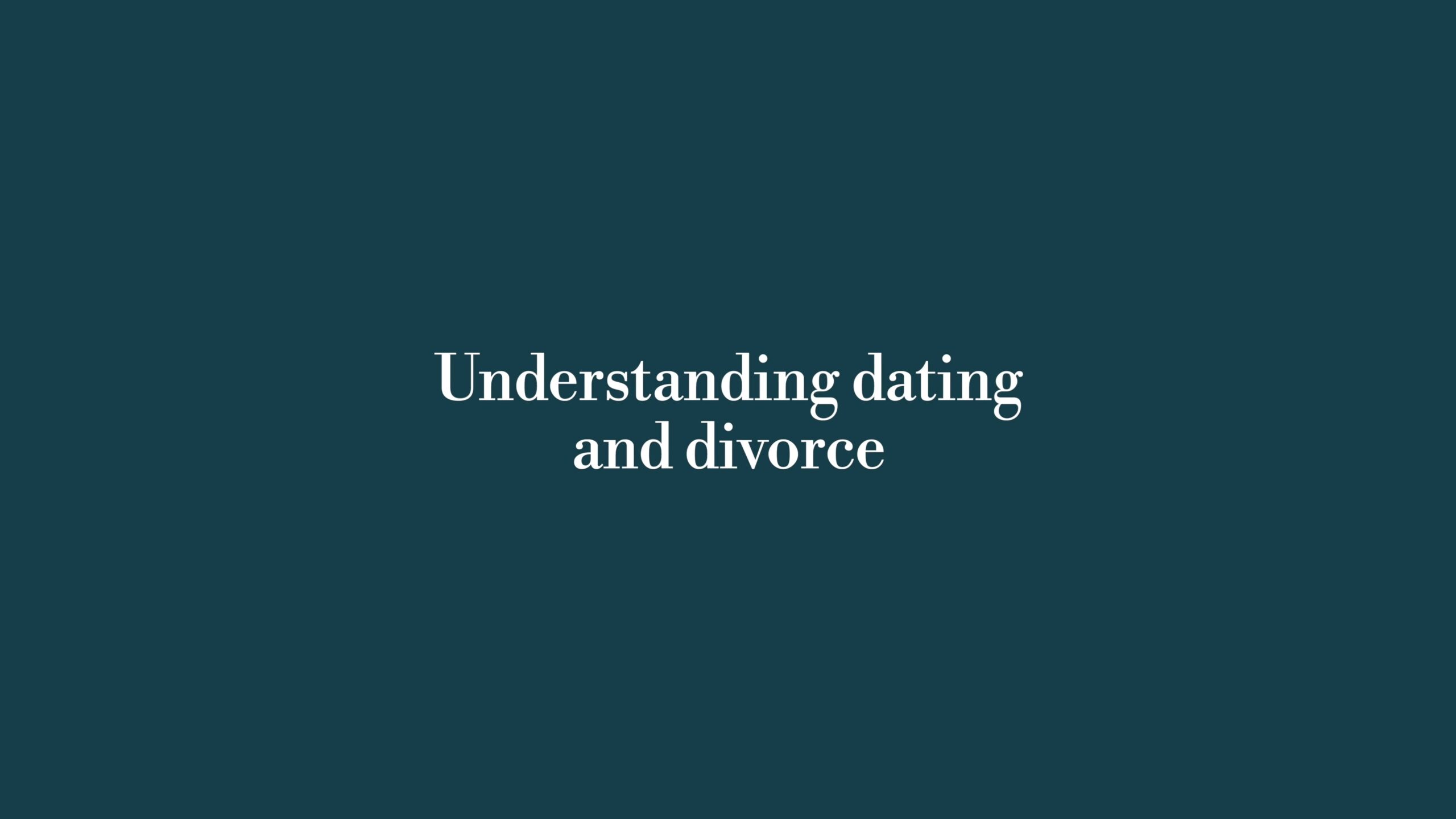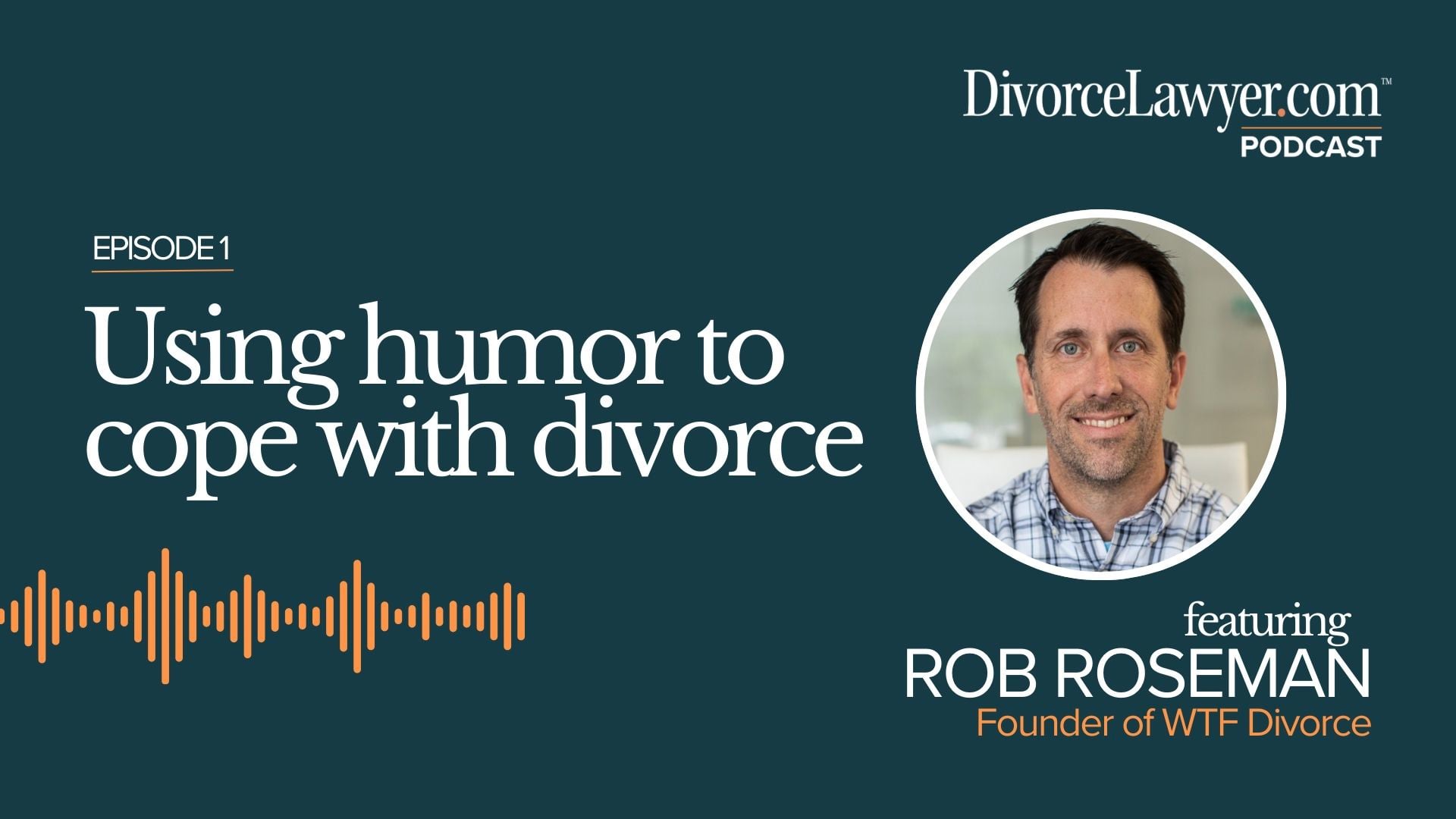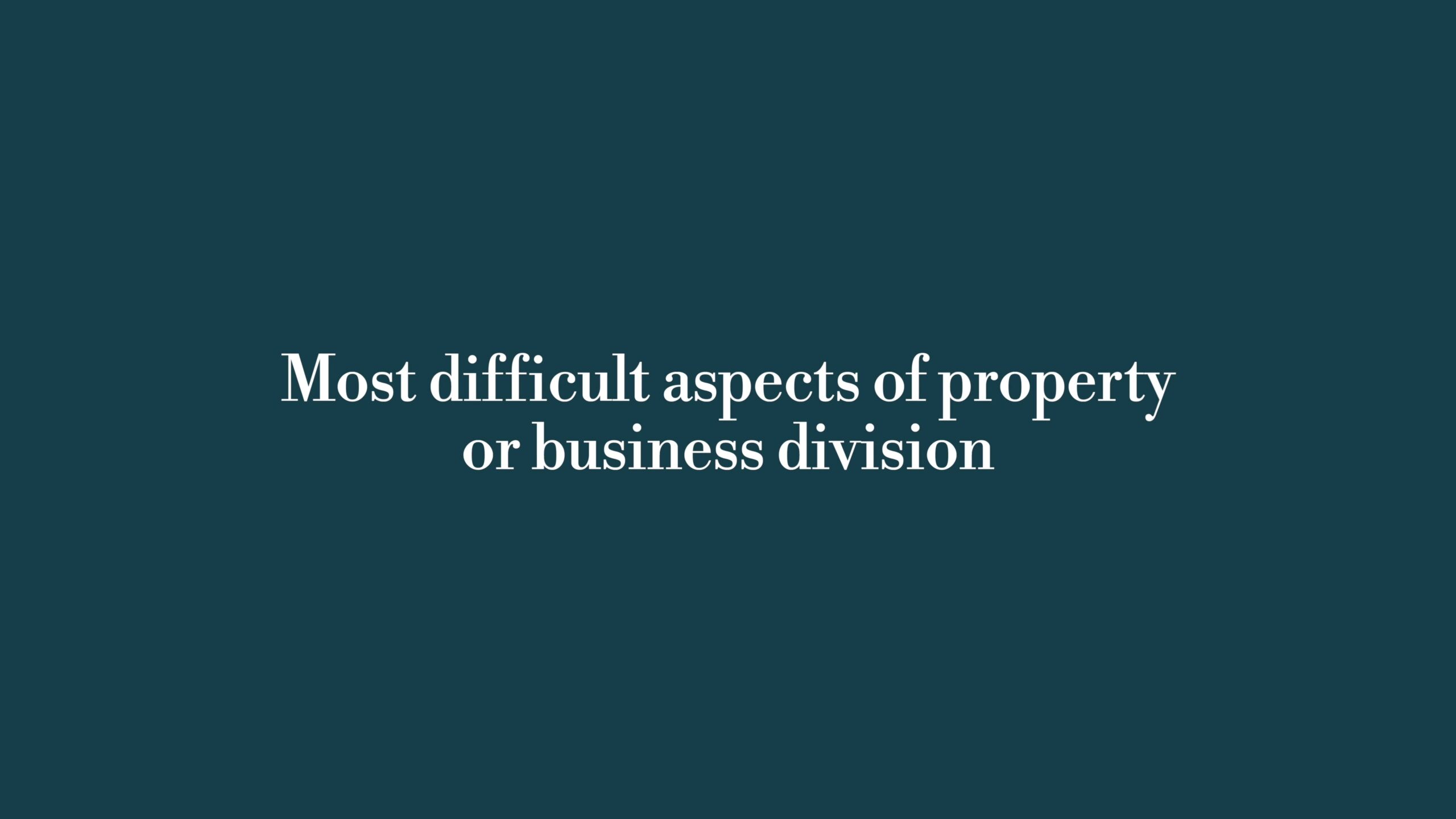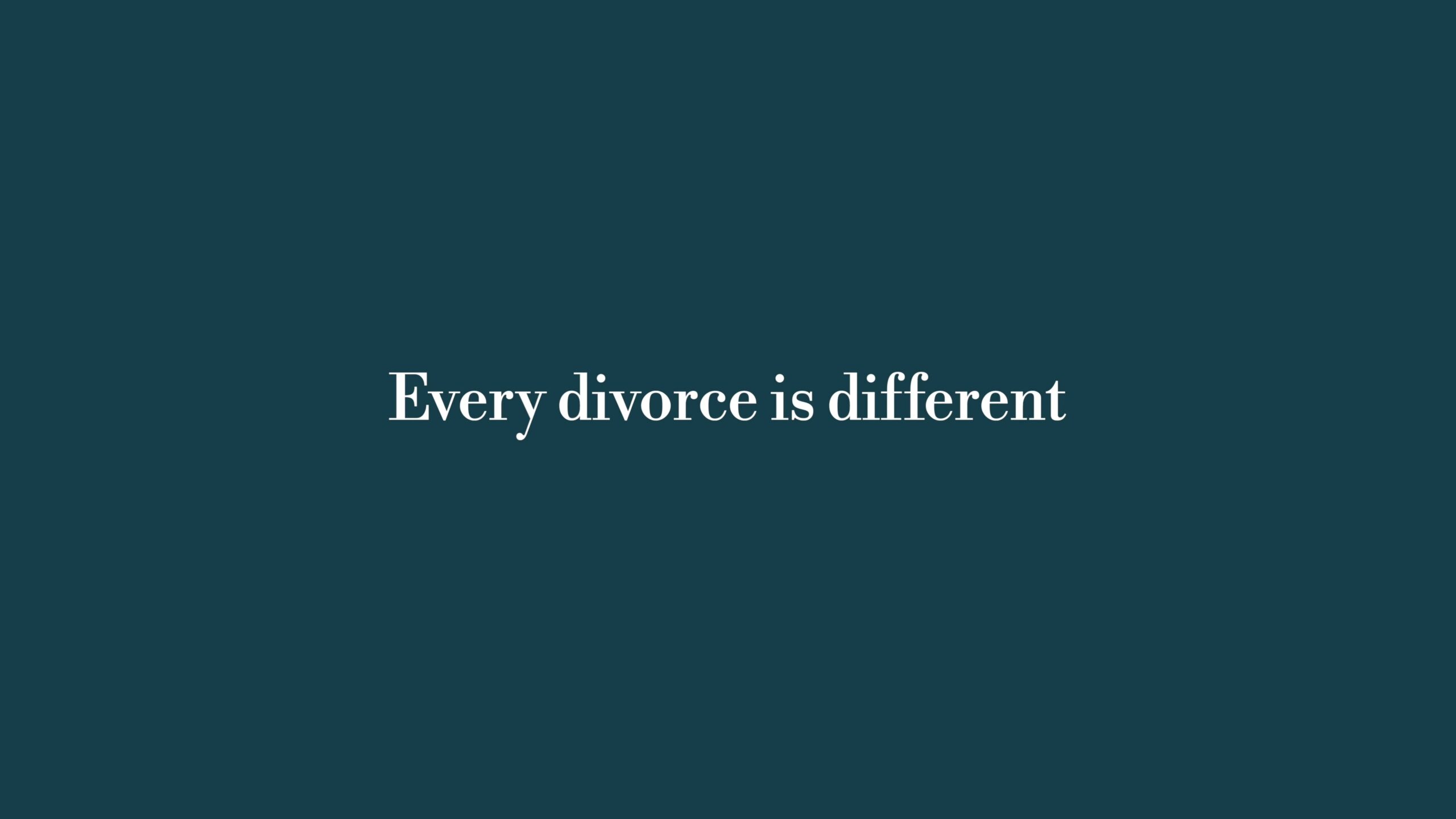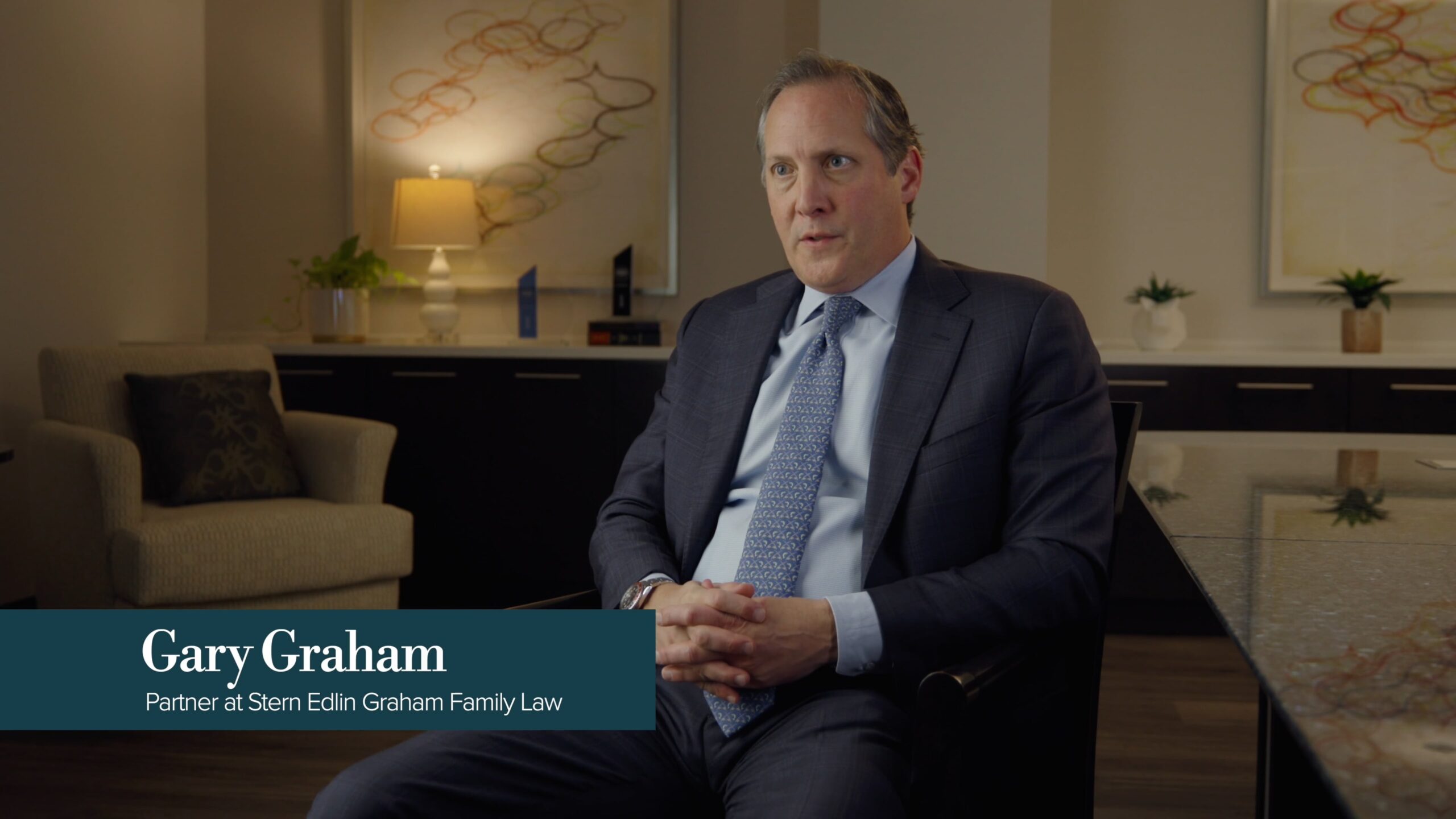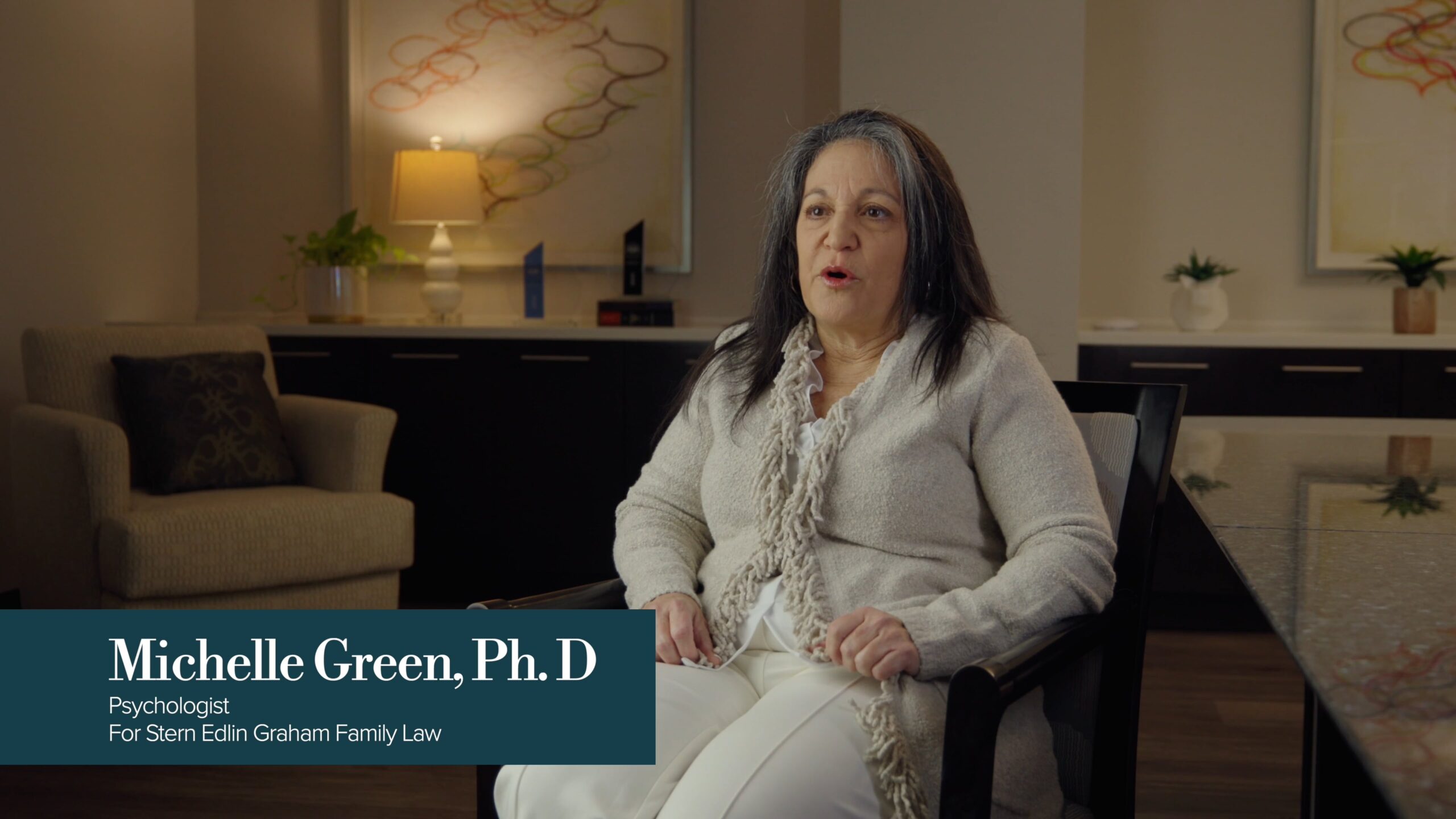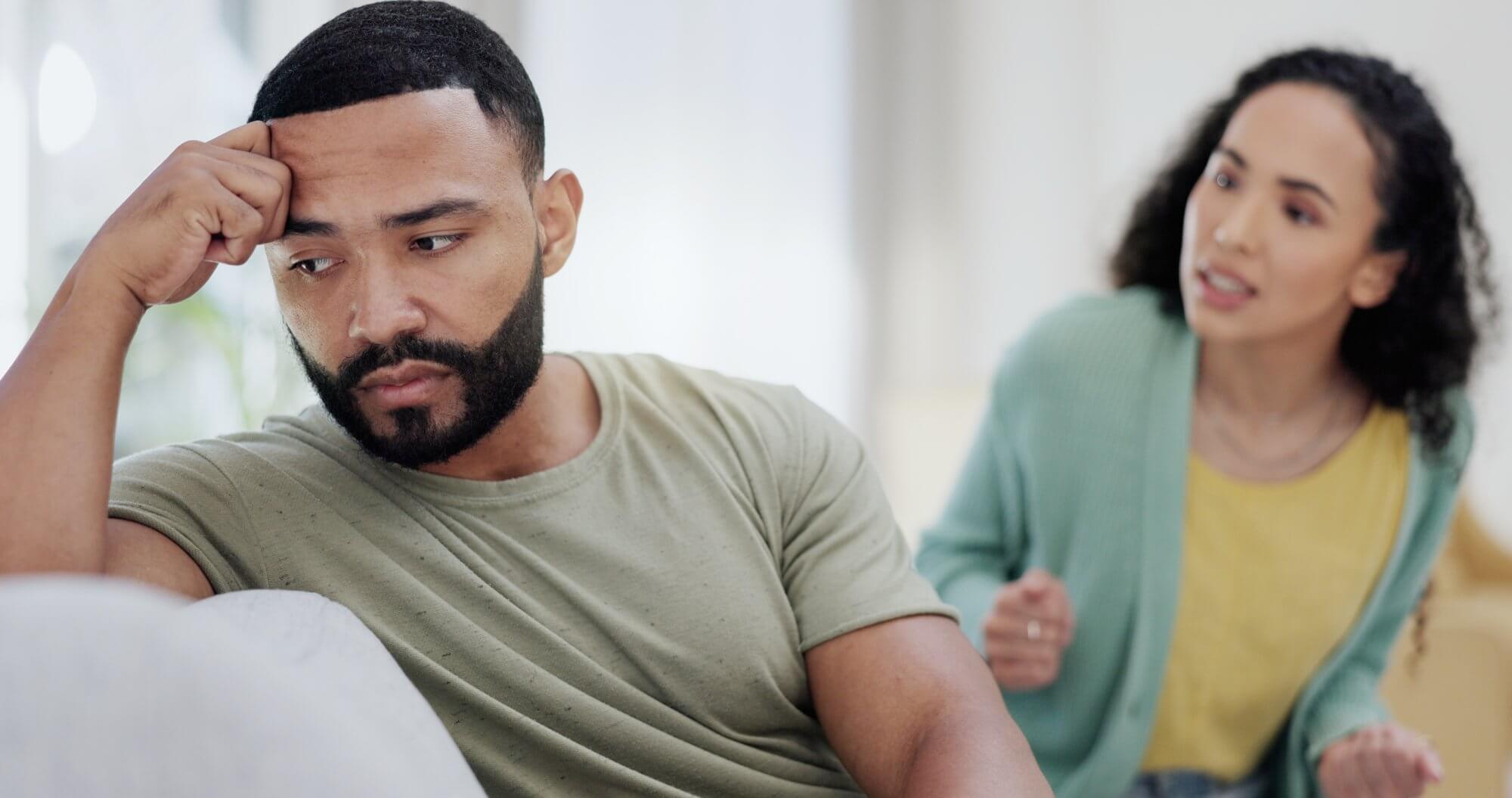Navigating Divorce and the Power of Choice with Divorce Coach Karen Covy
OVERVIEW
In this episode, Karen Covy, a divorce coach, lawyer, mediator, and author, discusses the complexities of navigating divorce. She emphasizes the importance of emotional management, the role of a divorce coach, and the need for education and support during the process. Karen also addresses the rising trend of gray divorce and the implications of staying together for the sake of children. The conversation highlights the necessity of having a professional team to guide individuals through the challenges of divorce, ensuring they make informed decisions and maintain their well-being.
HIGHLIGHTS
- Dealing with emotions is crucial in making rational decisions during divorce.
- A divorce coach fills the gaps left by lawyers, focusing on emotional and practical aspects.
- Empowerment and education are key to navigating the divorce process successfully.
- Gray divorce is becoming more common as people live longer and seek fulfillment.
- Staying together for the kids can lead to negative consequences for the family.
- Divorce coaches can help clients prepare for hearings and trials effectively.
- Communication between lawyers and clients is often lacking, leading to confusion.
- Every divorce is unique, and choices should be tailored to individual circumstances.
- Having a support team can alleviate the emotional burden of divorce.
- Understanding all options is essential for making informed decisions during divorce.
TRANSCRIPT
Rob: All right, welcome to the DivorceLawyer.com podcast. Today we are lucky to be joined by Karen Covy. Karen is a divorce coach, lawyer, mediator, and author who helps high achieving professionals take control of their divorce with less drama and smarter decisions. Karen is the host of the Off the Fence podcast and the creator of the Divorce Roadmap. Karen, thank you for being here today.
Karen: It’s my pleasure, thank you.
Rob: When you hear your bio back, you, sometimes I’m like, man, that’s a lot of things I’ve put together here, so.
Karen: been on the planet a long time.
Rob: Well, it’s cool that you’re like planting a lot of flags, you’re making your mark and it’s what we were talking about before. You never know where people find you, whether it’s a podcast or social. it’s easier said than done, but you got to be everywhere today.
Karen: I know you’re 100 % right.
Rob: Well, let’s get right into it since you’ve dealt with many people going through all stages of divorce. How is somebody supposed to make rational decisions when they’re in the middle of something as emotional as divorce?
Karen: It’s again, simple, not easy. You deal with the emotions first because they will always cloud your judgment, get in the way, make you spin in circles so that you don’t see the answer that’s really best for you and that’s right in front of your face. So I always tell people step number one is to deal with how you feel.
Step number one is to deal with how you feel.
Rob: Well, what might that look like? that something a divorce coach helps with? that I’ve been like, there’s a lot of it’s almost like a team you can construct when you’re going through divorce.
Karen: You absolutely need a team, I think. It’s just like it takes a village to raise a child. It takes a team to go through a divorce, at least if you want to do it well. But in terms of dealing with your emotions, there’s a lot of choices available to you. A good divorce coach is obviously number one. Number two, a good therapist, like somebody to talk to. You’re not into therapy? Okay, get a support group. There’s a lot of support groups, both online and offline these days. You can talk about your issues there, and that’s people you’re going to be around people who are also going through it and can talk to you rationally. You can also talk to your friends. Eventually you’re going to burn them out, but you know, for a while you can talk to them about everything that you’re going through. So you have a lot of options, but the point is not to keep it all bottled up inside, not to try to keep the stiff upper lip as the British would say. But to let you, let yourself feel your emotions and deal with them because the only way out is through.
Rob: That’s a great thing. always, like you said, simple, not easy, but resistance is futile. You do have to lean into it. It’s gonna be painful. We can talk a little bit about the friends and the family that you wanna rely on or not always the best people to help get you through it. I like what you said really about like a team, but talk a little bit about, I’ve been in the divorce space now five years having gotten divorced. I didn’t know what a divorce coach was. I tell people about it today and they don’t know what is why would I need a divorce coach? What? What is a divorce coach? And how is it different than I’ve got an attorney already?
Karen: Okay, a divorce coach fills the gaps that your lawyer will leave. And I know your lawyer will leave them because I was a divorce lawyer for more decades than I care to admit to. So I understand what a lawyer does is they help you with the legal part of your divorce. But for most people, the legal part is about 10%. The other 90 % is the emotional part, the psychological part.
A divorce coach fills the gaps that your lawyer will leave….
The practical part, where do you live, when do you move? It’s your kids, it’s your family, it’s your real estate. It’s so many things. And so a divorce coach helps guide you through the whole process. I like to tell people that I help them to become the CEOs of their divorce. And it’s not a job that anybody ever wanted necessarily, but they think their lawyer is gonna fill their role. I’m here to tell you.
Your lawyer is not going to do that for you. They’re only gonna take care of the legal stuff and they are your most expensive divorce professional. So to the extent that you can find other people to fill in the gaps and help give you that roadmap, that guide through this, you gotta do this and this and this and this, and you’ve gotta do the right things in the right order, that’s what I as a coach help my clients to do and to get the resources and the courage in themselves to do the things that they need to do. Because sometimes it’s like you look at that big stack of paperwork on your desk or your table or your whatever, and you’re just like, I don’t want to deal with it. Well, I help my clients deal with it and find a way inside of themselves to find the stamina and the courage and the fortitude to tackle the paperwork pile. And then they give their lawyer a nice organized set of documents, whether that’s digitally or paper. And that saves them an enormous amount of time, an enormous amount of money and it helps them feel good about themselves because the more empowered you can be as you go through this process, the better you’re going to do all the way along and at the end.
Rob: And you hit on something there that I think is the key to everything. What are most people’s biggest complaint about divorce? It takes forever and I’m draining my entire bank account. And it’s counterintuitive that like, I think people are like, I already paid my divorce attorney or retainer, you want me to pay more money? And it seems like bringing on a coach as just part of your team, while it might be laying out a little money, seems like it could save you a ton because now you don’t have to do all the work yourself and it’s and the lawyer is not charging you $500 an hour to send an email, whereas something like you yourself or a team can help you with.
Karen: 100%. So what the coach brings is not just less expense, but less conflict, more choice, more control, and more empowerment. You can either go through your divorce and have it totally devastate you and wreck your life, or you can say, you know what, this is a lousy situation. This isn’t something that I ever wanted to have happen, but I’m going to learn through it. I’m gonna make the best of it. I’m gonna grow. And at the end, you…
I promise you, you can be a totally different person and be like really proud of yourself that, I made it, did these things, and now you’re ready for the next step instead of getting to the end of your divorce and being so trashed that you need 10 years of therapy to get yourself back on your feet.
Rob: Mm hmm. Yeah, I don’t know. I mean, it seems like you were you were pretty early on in the divorce coaching world, probably because you were a divorce lawyer. Do you find most divorce lawyers are receptive to divorce coaches? Is there? No.
Karen: Not really. Not really. mean, some are. What’s interesting is the younger ones are, the more progressive ones are, the ones who see the gap are. But let’s be honest, if I’m doing my job with you, my client, the lawyer’s not making as much money. However, the lawyer is making, like I make better clients for lawyers and better lawyers for clients. So the lawyer may not make as much money on that, on each person, but there’s plenty of work out there, right? So they’re going to have a larger client base, happier clients, more satisfied clients. And guess what? Satisfied clients refer.
Rob: Absolutely. I think that’s the piece of like, everybody has this one client that’s just dragging them down, taking all their time away. And it’s like, if you could wave a magic wand and like all of your clients be a breeze and be prepared, like, isn’t that something you’d want? So yeah, it’s very interesting. That’s why we at, know, WTF Divorce and DivorceLawyer.com, we preach education and preparation. It’s so important.
but it’s also so overwhelming to do on your own. So I think that’s like the piece of like, I know I should do all this, but the stack of papers and it’s like, I think a lot of people just don’t even know that a coach can help get you from A to B.
Karen: And you just said something really important, was my motivation to go from lawyer to coach, and that’s the education piece. So I was practicing law. I always only wanted to be a solo in my own business. I didn’t want to be an empire. So it was me, my secretary, and a client in the office one day, and it was hot. So I had my door open.
And you know, I was doing my thing and the client leaves and my secretary who had worked for all the big firms in town. All right. She was, you she was done with them. She moved to me and the client leaves. And she said, you know, no one else does that. Right. And I said, what, what did I do? And she said, you sat down and you told them you spent time with them. And you said, here’s mediation, here’s collaborative divorce, here’s litigation, here’s all your choices, blah, blah, blah, blah, blah.
And here’s how you choose. And now you just got to make a decision. And I said, well, if the other lawyers aren’t doing that, what are they doing? And she said, here’s a contract sign here. And I said, my God, that’s wrong. I mean, it’s not my life. I understand how all this works. People don’t. And it’s my job to educate and empower them. And she’s like, yeah, well, no one else does it. And so that got me investigating and going down the road of coach and saying, okay,
This is the job of what a coach does. And without that education, you can’t make good decisions. I mean, let’s be honest, you can’t make a decision if you don’t even know you have one. So I help fill in those gaps. then, realistically, what I realized is the lawyer isn’t necessarily gonna tell you what all your options are. They’re gonna tell you what they do. So the litigator is gonna say,
Rob: Totally.
Karen: We can go to court. I will fight for your rights. We can win this. The mediator is going to say, you know, we can work it out. And it’s the same you in the same circumstances, but they’re coming at it from different ways. And you’re so emotional as a client that what you hear is, this is what I need. But all they’re telling you is this is what I do.
Rob: It’s a great reframe. It’s almost like a realtor taking you to a house and be like, this is a great house for you. And they just want to sell the house and like they might not even know that you’re like, we, want this and that. So yeah, I think it’s an interesting thing where there’s so much information and education is so important, but you’re also just like drowning emotionally. So it’s like a weird thing where I know I need to do this. And that’s why I think I mean, having been in the divorce space now, the power of a divorce coach is it’s
It’s so important, but also like, I don’t think it’s talked about enough. I don’t think enough people like they catch the window. I mean, is it too late once you’ve started your divorce with an attorney to hire an attorney coach?
Karen: No, I mean, I work with people, I take them from the point where they’re trying to make the initial decision of do I stay or do I go, because that’s a place people get stuck for years. And then if they decide I wanna stay married, great, wonderful, awesome, let me get you resources and help you do that better. Because if you were happy in your marriage, you’re not talking to me. If you decide you’re gonna go down the path of divorce, great, wonderful, let’s make a plan.
To do that in the way that works for you, that works for your kids, that works for everybody. If people are already in the middle of their divorce, a lot of people come to me as a coach because of my legal background to say, you know, I don’t know if my lawyer has my back. And then I say, okay, let’s talk about that. Bring me all your stuff. Let me look at everything and we will talk about whether they have your back or not. And what I found is that a lot of lawyers, notwithstanding, were paid to communicate for a living.
Don’t communicate particularly well with our clients. And people don’t wanna brag or blow their own horn or whatever. And so sometimes the lawyer is doing a bang of job for the client. see what they’ve done and I’m like, you should be kissing the ground they walk on. This is amazing. And the client is like, really? Wow. But as a lawyer, if you say that, you sound like an idiot, right? And then other times I look what the lawyer has done and I’m like, well,
Karen: Can I give you some names? Maybe you want a second opinion. But people start to wonder because the process can take so long. Halfway through, like, they lose faith, they lose confidence. And so I work with people there. The other thing that I do as a divorce coach, because I have such extensive trial experience, I can help you get ready for a hearing, a custody evaluation, for a trial, for all of the things because
The lawyer thinks they’re gonna prepare you, but let’s be realistic, lawyers are busy. Unless you’ve got a ton of money, in which case the lawyer spends a lot of time with you, but if you don’t wanna spend a ton of money on your divorce, the lawyer is going to prepare you, but their preparation is like ground level, right? And if you want something more than that, if you wanna walk into that hearing or trial or whatever you’re walking into, with confidence and knowing that you know what you’re doing, that takes time. And so that’s what I do with my clients is help them get ready for that because psychology is really the foundation of divorce. If you can walk in, you get control of your own head and you walk in with confidence.
You are an entirely different person. And that hearing is going to go fundamentally differently than if you walk in and you’re nervous and you’re upset and you haven’t slept the night before and all the things, right?
Rob: Yeah, it’s a great way to look at it. And I like what you said too about getting a second opinion. We always hear about get multiple divorce consults, but sometimes you still sign with somebody. And then you’re like, I talked to two lawyers, I picked this one. And it sounds like get multiple opinions, maybe that checkpoint halfway through your divorce or it’s stuck. It’s like there’s still time to like, get some insight and you’re not going to really get it from your family or your friends. So
Yeah, this is another place where a divorce coach could be very helpful in just getting the thing moving again.
Karen: Yeah, it’s like, look, you always have choices. They may not always be great choices, but you always have choices. It’s about finding the guide who can lay those out for you and say, here are the pros and cons of each particular choice. Here’s how you make the choice. The choice is yours. There is no divorce professional who’s gonna make them for you. Your job is to make the choice, but they can educate you. They can say to you – Here’s the consequences of each choice. Here’s what’s gonna happen based on the years of experience that we’ve had. We’ve seen other people in this situation. That’s why your family isn’t always best. They love you. They want what’s best for you fundamentally, but they have their own opinion about what that is and what you should do. And if they have experience with a divorce, it was like, there’s one, that’s it. Not thousands, just one.
Rob: Let’s talk about people throw around the word gray divorce, not everybody knows what that is. But why are you seeing more people after the age of 50 getting divorced today?
Karen: So gray divorce is anybody over, it’s got different definitions. Some people say over 50, some over 45. Call it what you will, there’s hair dye, so nobody’s really got to be gray anymore. But over 50, and yeah, that’s the biggest demographic of people divorcing these days.
Rob: What’s your thoughts on why that is and is that accelerating or the same that is it always was?
Karen: I think it’s sort of leveled off. It accelerated for a while when the baby boomer generation started hitting their 50s and 60s. And I think the reason is because we live longer, right? So it used to be back in the day at 65 years old, you retired, your social security kicked in, you were only going to live to 68 or 70. And then, you know, at that point, why would you divorce your spouse? Because you’re only going to live a couple of years. It’s going take you that long to get a divorce. Who cares?
But now when the life expectancy is in the eighties or nineties, people are getting to 60 or 50 or whatever, turning, looking at their spouse, their kids are out of the house, they’re strangers, their marriage is completely empty at this point. And they’re going, I got another 20 or 30 years. I don’t want to live with this person. Or I don’t want to live this way. There is more to life I’ve been putting up with, blah, blah, blah, blah, blah, whatever it is. And I want something different. I want something more.
And I think that’s a lot of what’s fueling the gray divorce revolution, as they call it.
Rob: Do you think the kids moving out of the house going to college, is that a common impetus for divorce?
Karen: Yes, I don’t think it’s a good impetus, but it’s a common one because people say, you know, they know divorce is hard on kids. So let’s just wait till the kids leave. Okay. Unless your kids are really, really stupid. They know that when the youngest one moved out and two months later, mom and dad filed for divorce, the only reason you were staying together was because of them. And that causes all kinds of problems that you might not have thought about, right? You think you’re doing the best thing.
Parents, like no parent wants to hurt their kids, right? Unless you’re really sick and twisted. So they’re trying to do the best thing, but it doesn’t always end up being the best thing because the kids feel guilty. The kids feel like it was their fault. Not that the marriage fell apart, but that the parents stayed together. If the kids, if the parents sort of kept a decent relationship on the surface for the kids, a lot of times the kids are blindsided. They feel like, my gosh, was my whole childhood a lie? Like what was real and what wasn’t? You guys were clearly faking it for a long time. So what do I believe? What do relationships mean? So it causes a lot of challenges for older kids that the parents might not think about. So if the only reason you’re staying together is the kids, I would encourage people to think long and hard about is that the best decision for your family?
And the answer isn’t an automatic yes. It might be yes, but it might be no.
Rob: What do you think the reason is people say, I know I want to get divorced, but we’re not going to do it until the kids are out of the house.
Karen: Because they don’t want to the kids. They want it to be easier on them. But, you your youngest just went off to college. So they are a freshman in college. Their whole life is different. They’re living in a dorm. They’re doing all the things. And then they get the call from mom and dad. yeah, by the way, we’re getting divorced. We’re selling the house. Your whole every, you know, come get your stuff or tell us what you want and we’ll put it in storage. And their world is turned upside down.
Rob: It’s an interesting reframe – I a lot of people think staying together for the kids is better for them because their lives won’t be disrupted. But it sounds like you’re just delaying the disruption and it might actually be better to get divorced if it, you know, every situation is different. But to think you’re shielding them from this pain is like, is kind of just fooling yourself, it sounds like.
Karen: It’s always gonna be painful. I mean, let’s be honest. But you have to look at, and this is again, getting back to the discussion about a divorce coach. This is one of the things that I help people figure out because every family is different, every marriage is different, every divorce is different. What’s right for you? This isn’t cookie cutter. You can go get all these great theories, but your particular circumstances might call for you to do A instead of B. Okay, great.
Every family is different, every marriage is different, every divorce is different
Know what your choices are, and then figure out which one is going to be best for your family, for you, and for your kids. You you can have, I don’t know how many kids you have, but you know, I’ve got four. So each one is very different and you can do exactly the same thing to all four kids and you get four different reactions and it just, it’s very, very different. So you’ve got to look at what people are you dealing with and trying to protect and how are they likely to handle things.
Rob: Yeah, no, it’s a great way to look at it. Yeah, I’ve got three kids and they do all handle it differently. So to think you can just steer the ship and avoid it. It’s like, it’s coming for you one way or another. It’s just to your point. What’s the healthiest way to handle it? What’s the most, you know, honest real way to go through it. And we’re all gonna step in some potholes along the way. So there’s no avoiding that. But I think the lesson that we learned from these conversations is like, don’t do it alone and do it with somebody who has been there, who understands your situation, who has professional experience because like it could just save you such heartache, headache, money, time that like you’re, it’s a no brainer. It’s just a lot of us is like helping explain that to people and guide them.
Karen: You know, I think it’s because in the world today, we’re living in a digital world and there’s so much information. I mean, we’re drowning in information and starving for wisdom and knowledge. And that’s the reason, the real reason you need a team today. It’s not about, you know, going on chatgpt and saying, how do I get a divorce? It will give you an answer, but it doesn’t give you all of your options. And it doesn’t give you an answer that tells you.
This is what you should do, this is why, here’s the pros and cons. It’s an information dump, which in some ways is even more overwhelming because you’re already overwhelmed emotionally and now you’re overwhelmed with data and you’re like, now I really don’t know what to do, right? So what you need is the guide, the team to help you through and say, okay, this is this piece, this is this piece, this is this piece. These are how all the pieces relate to each other.
And this is how this process typically works and the outcomes that we’ve seen. Now you have the foundation to start making some good choices.
Rob: So good. mean, you’ve got a drowning in information and starving for wisdom. love that. Like you’ve got so many good, those are great. Karen, this has been awesome. I’m so glad we got to have this conversation. Let people know how they can connect with you.
Karen: The best place is on my website. It’s KarenCovy.com, K-A-R-E-N-C-O-V-Y dot com. No E in my version of Covy. And I’m Karen Covy on all the socials.
Rob: Karen, thank you so much.
Karen: Thank you.
The DivorceLawyer.com Podcast with Rob Roseman, Featuring Karen Covy – Divorce Coach, Lawyer, Mediator, Author, Speaker and Podcaster
Contact Information – Find Karen Covy online here, KarenCovy.com, or on her Facebook page, Facebook.com/KarenCovy.
